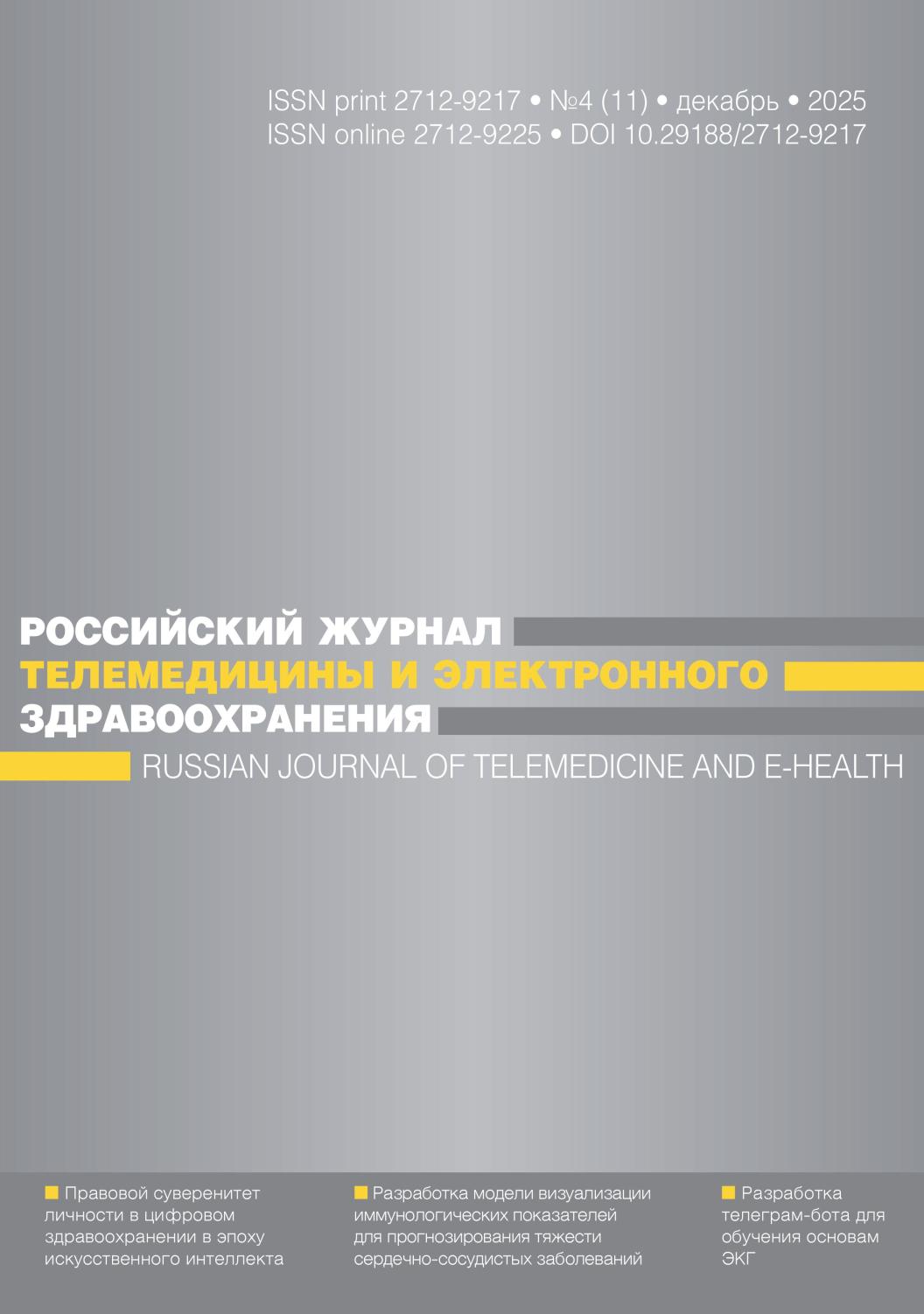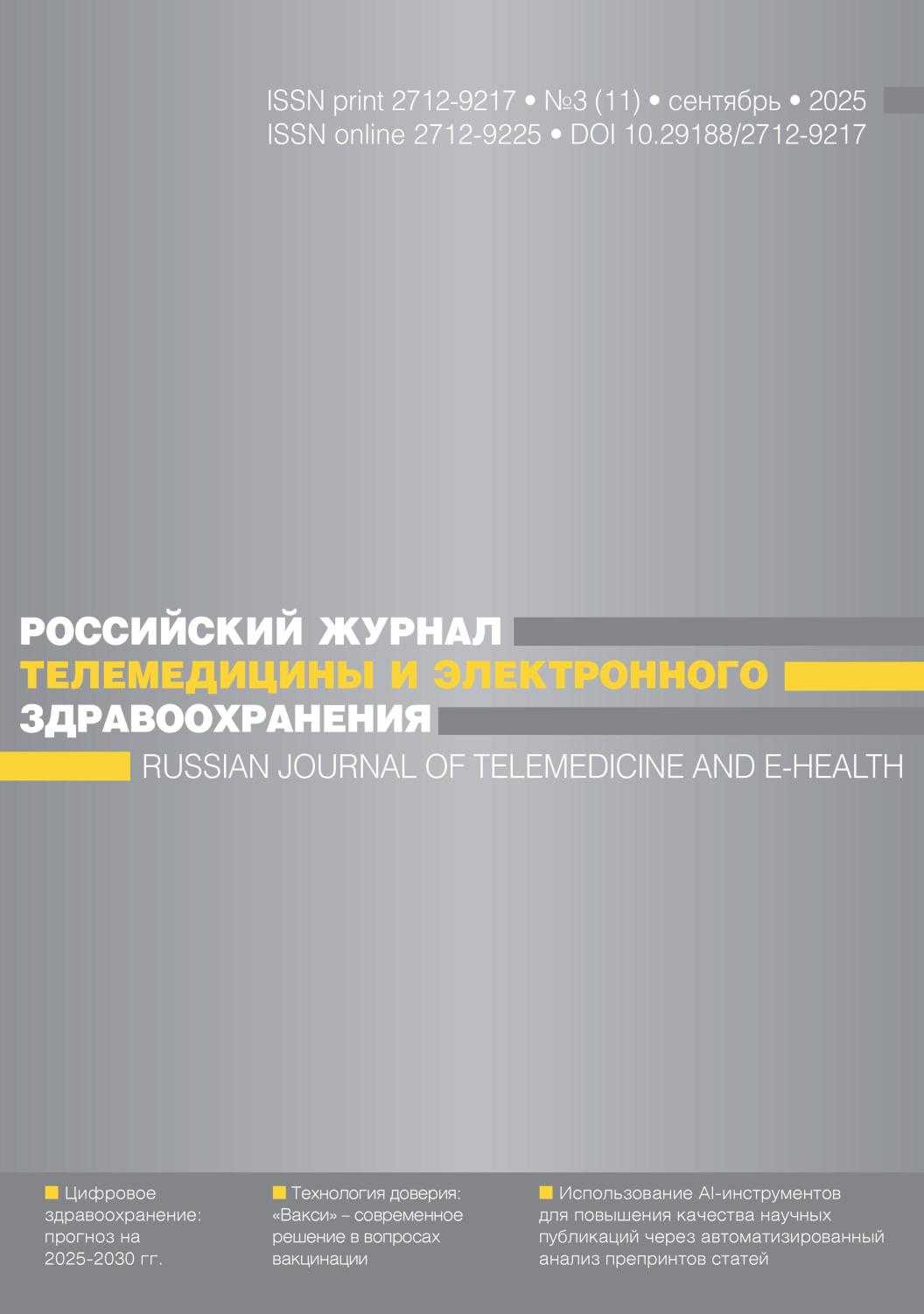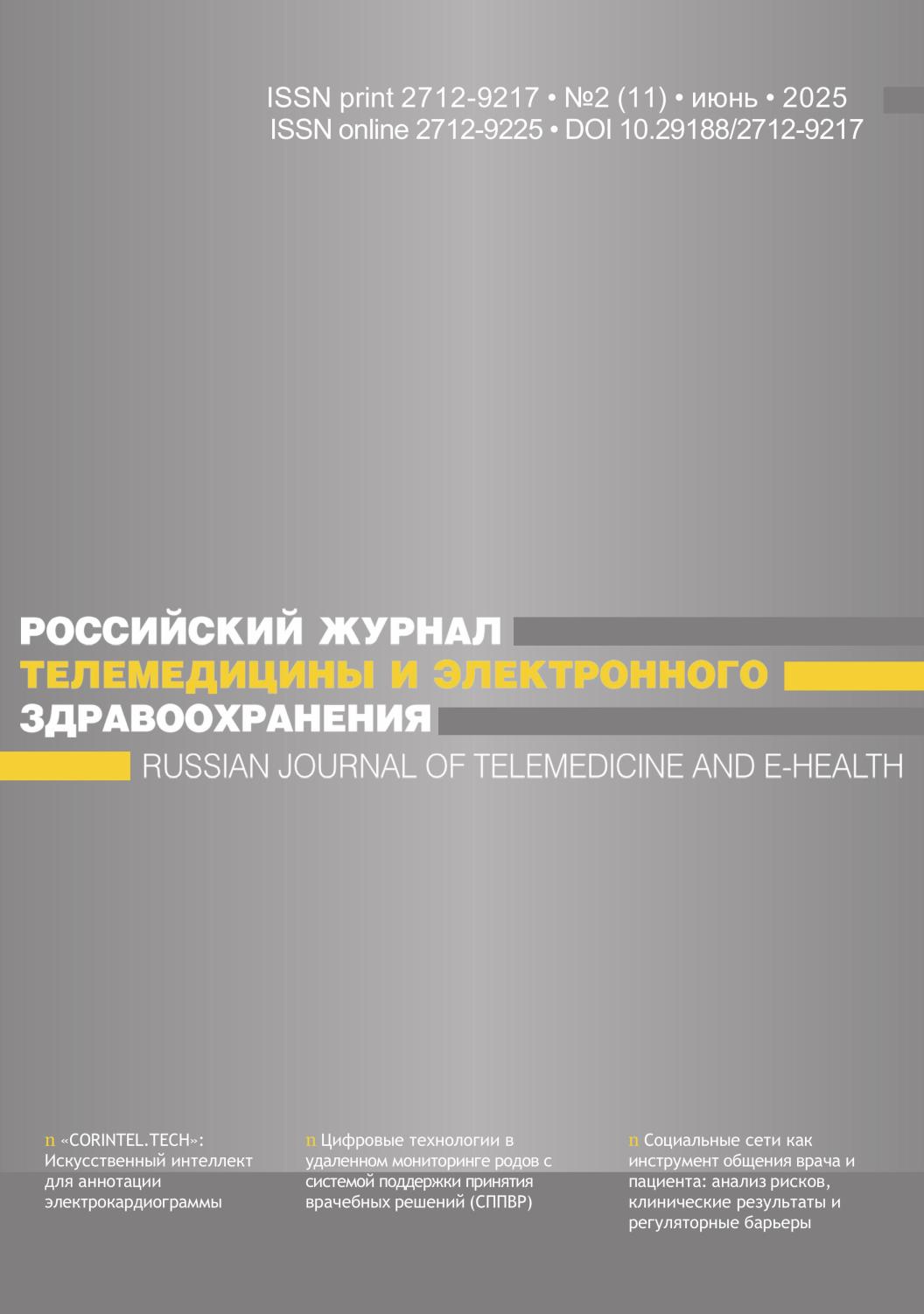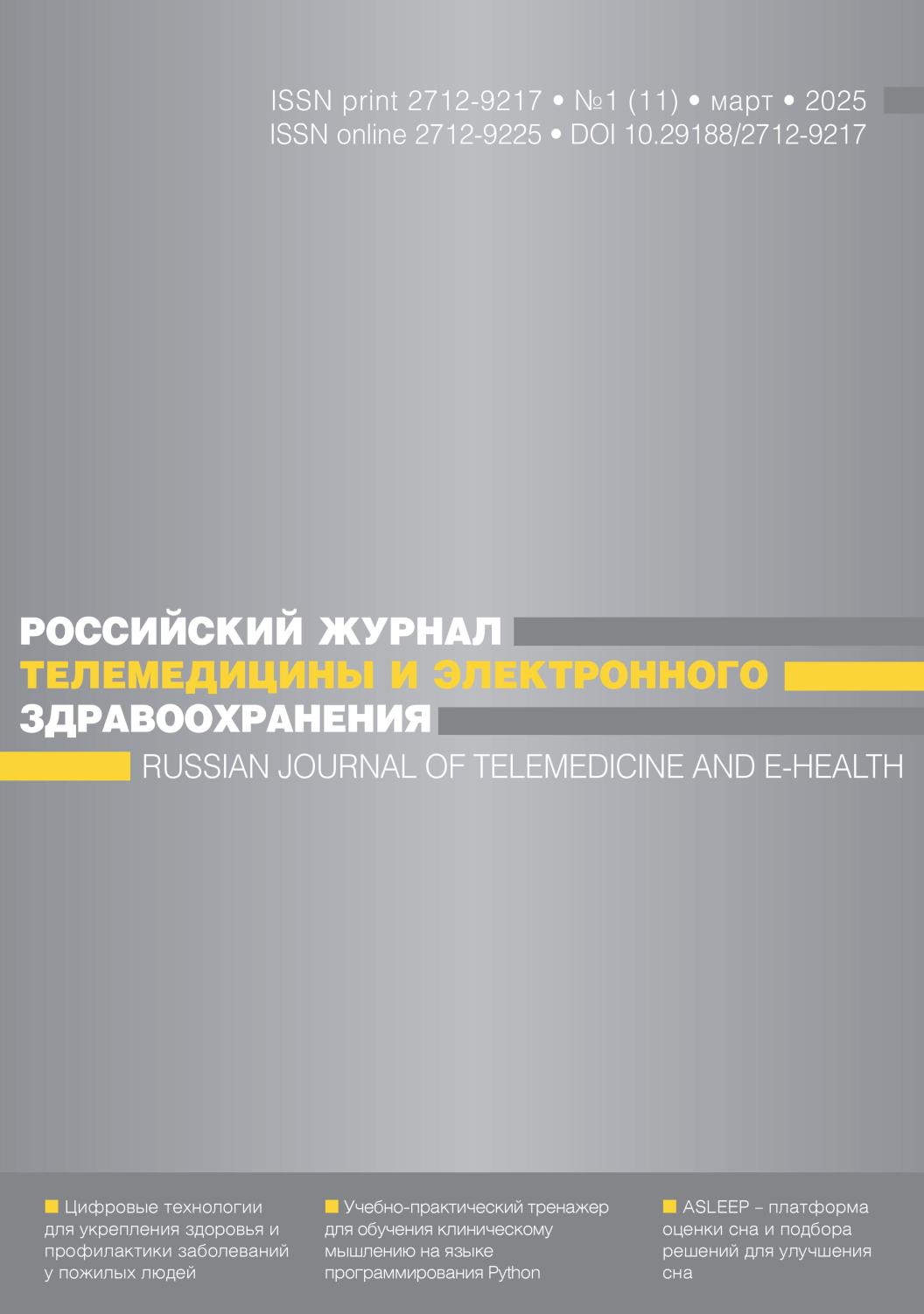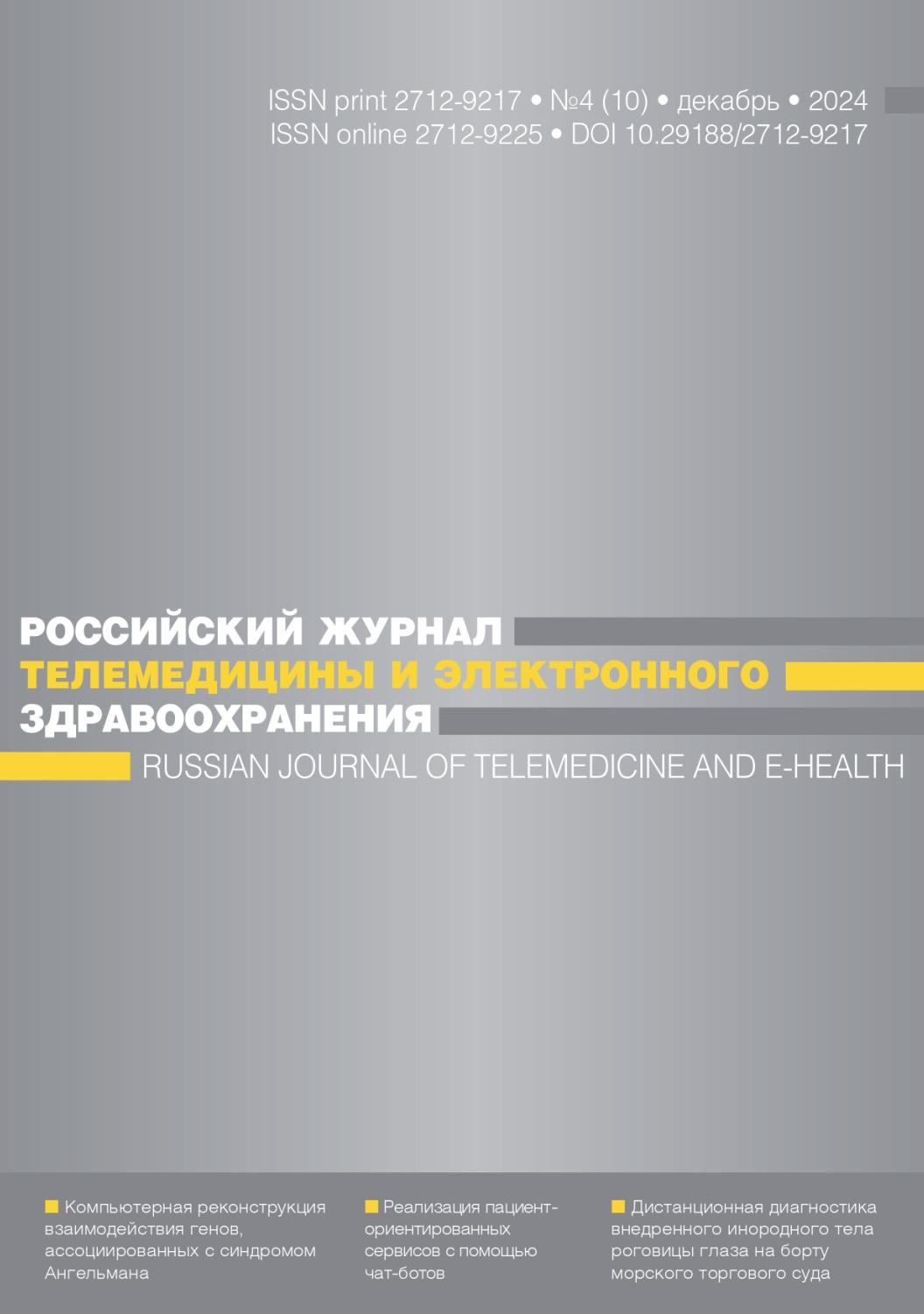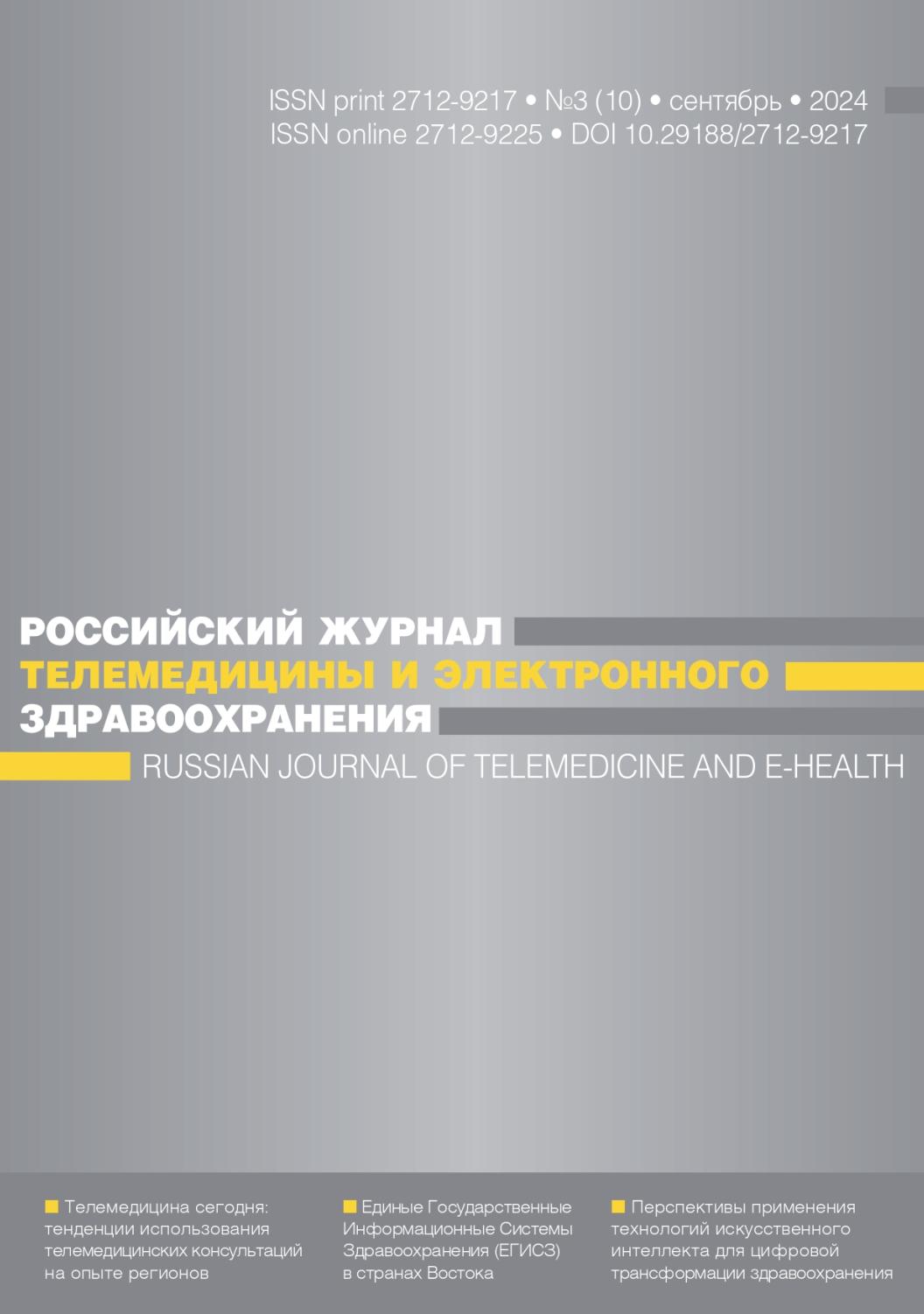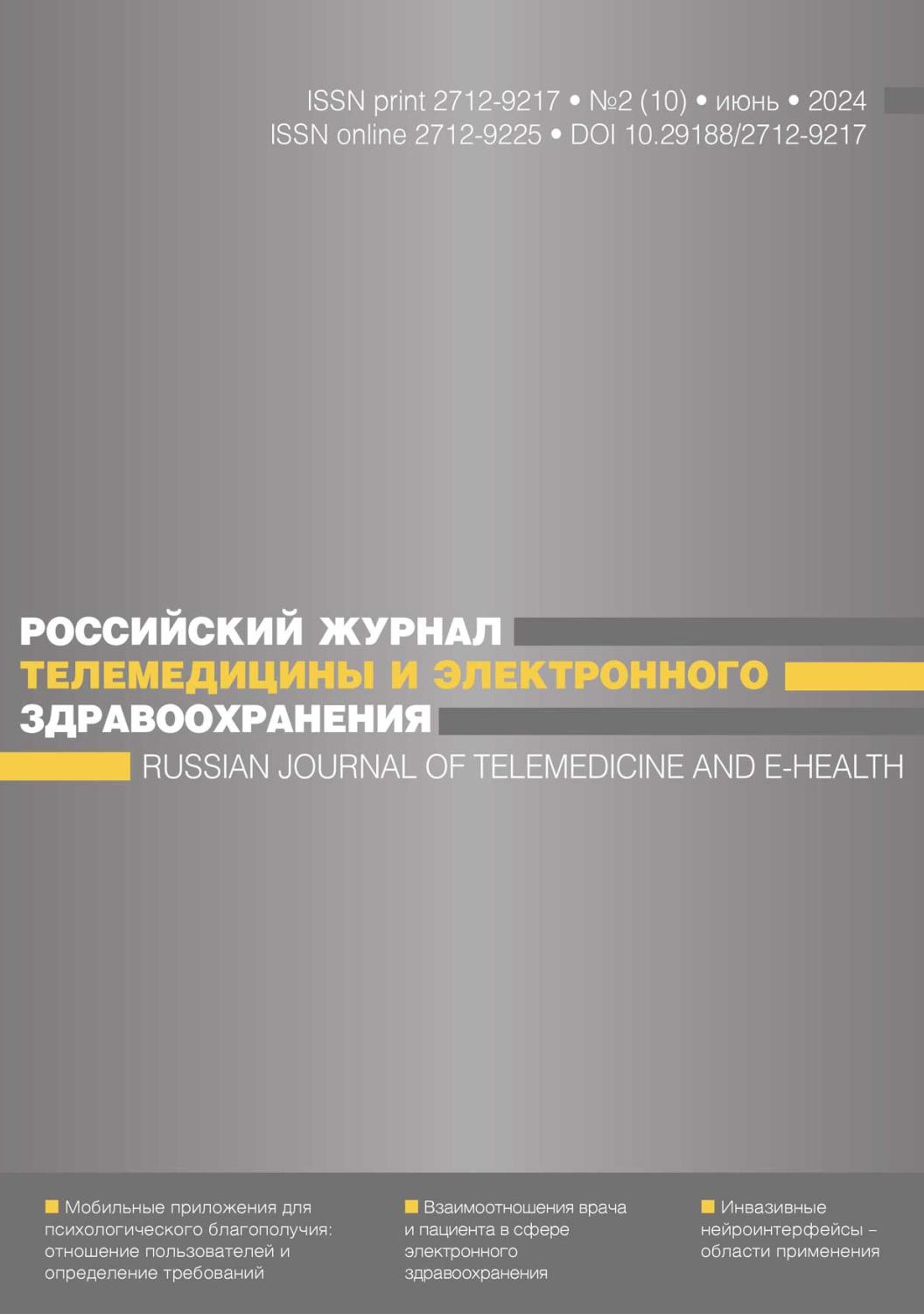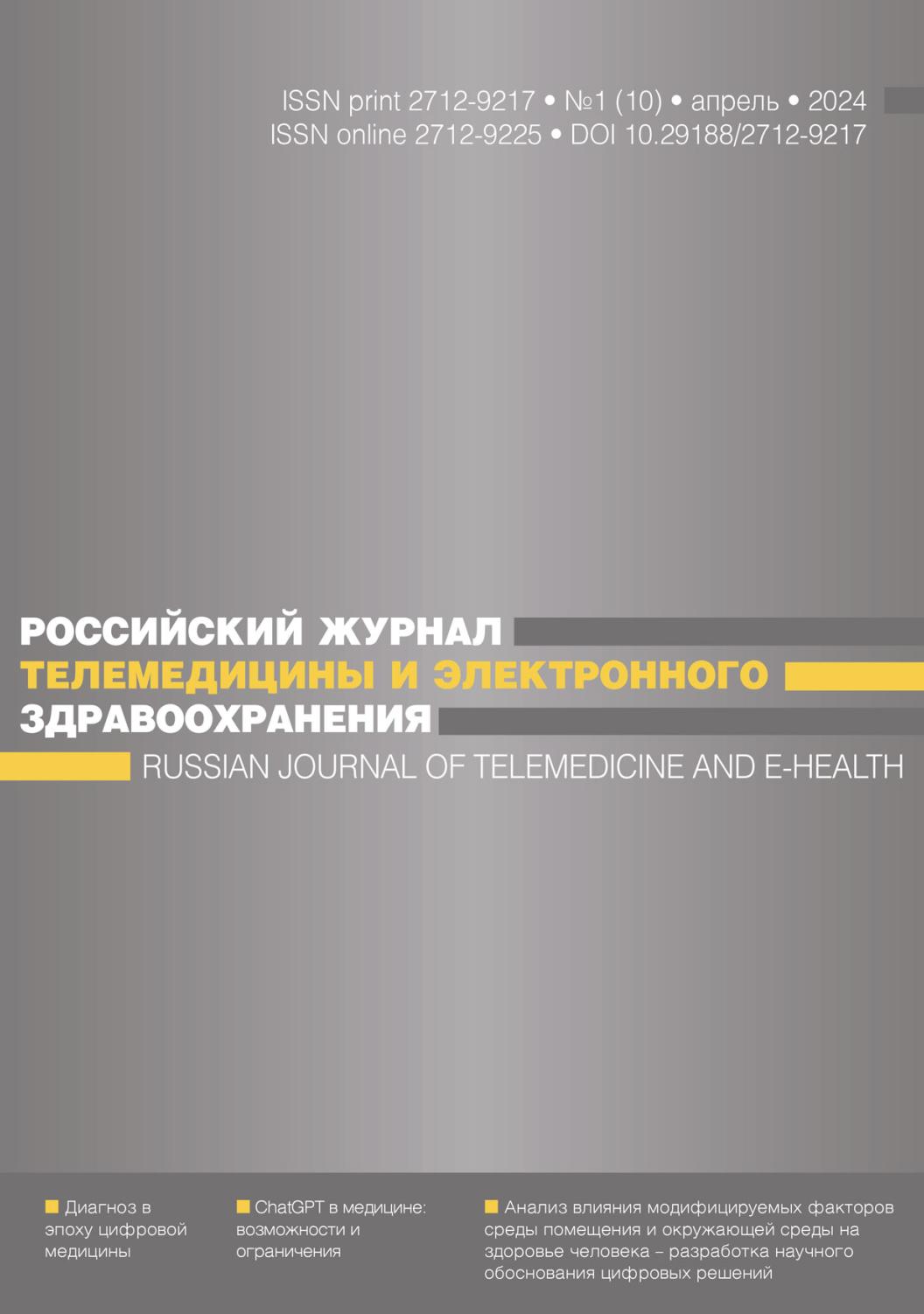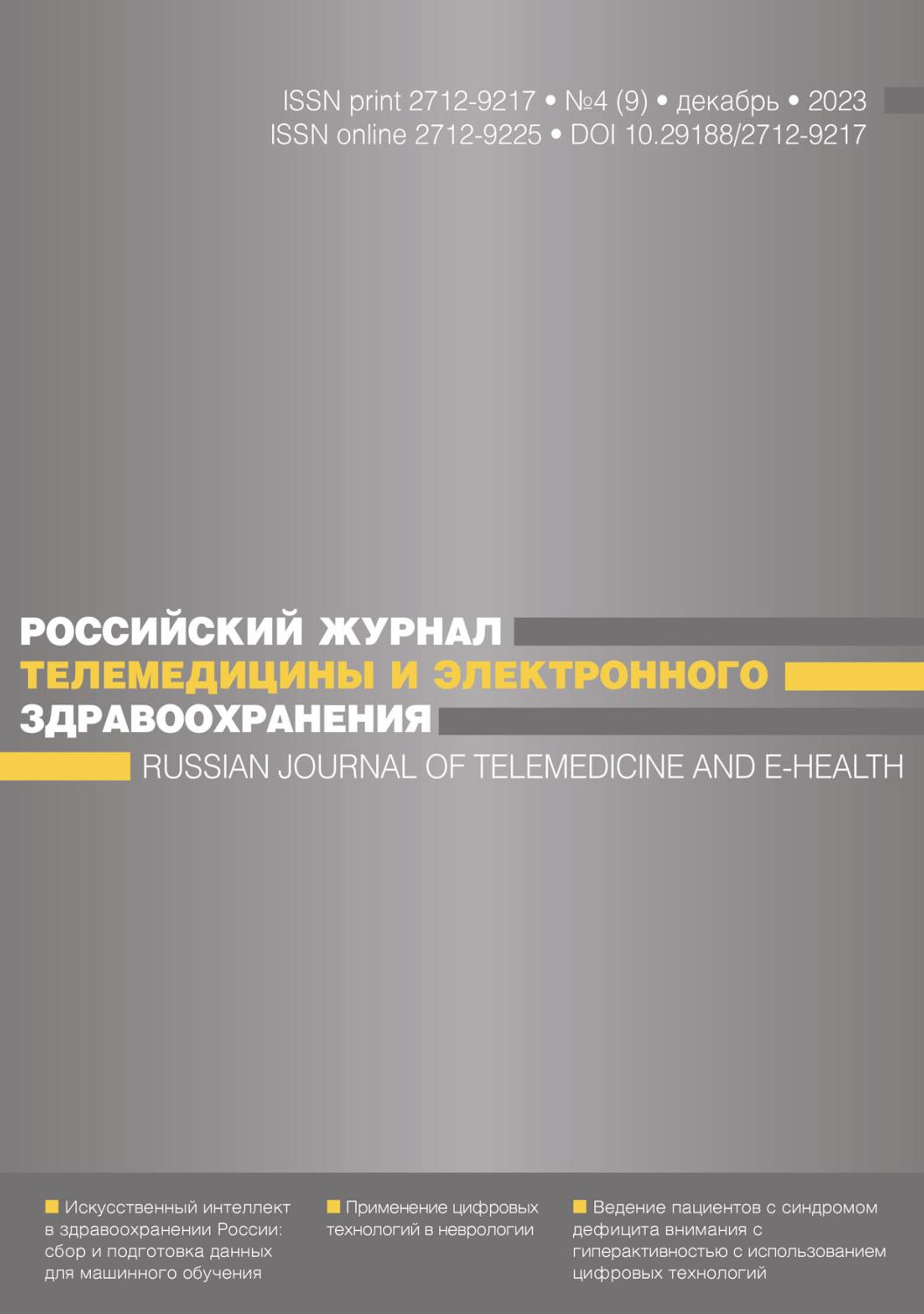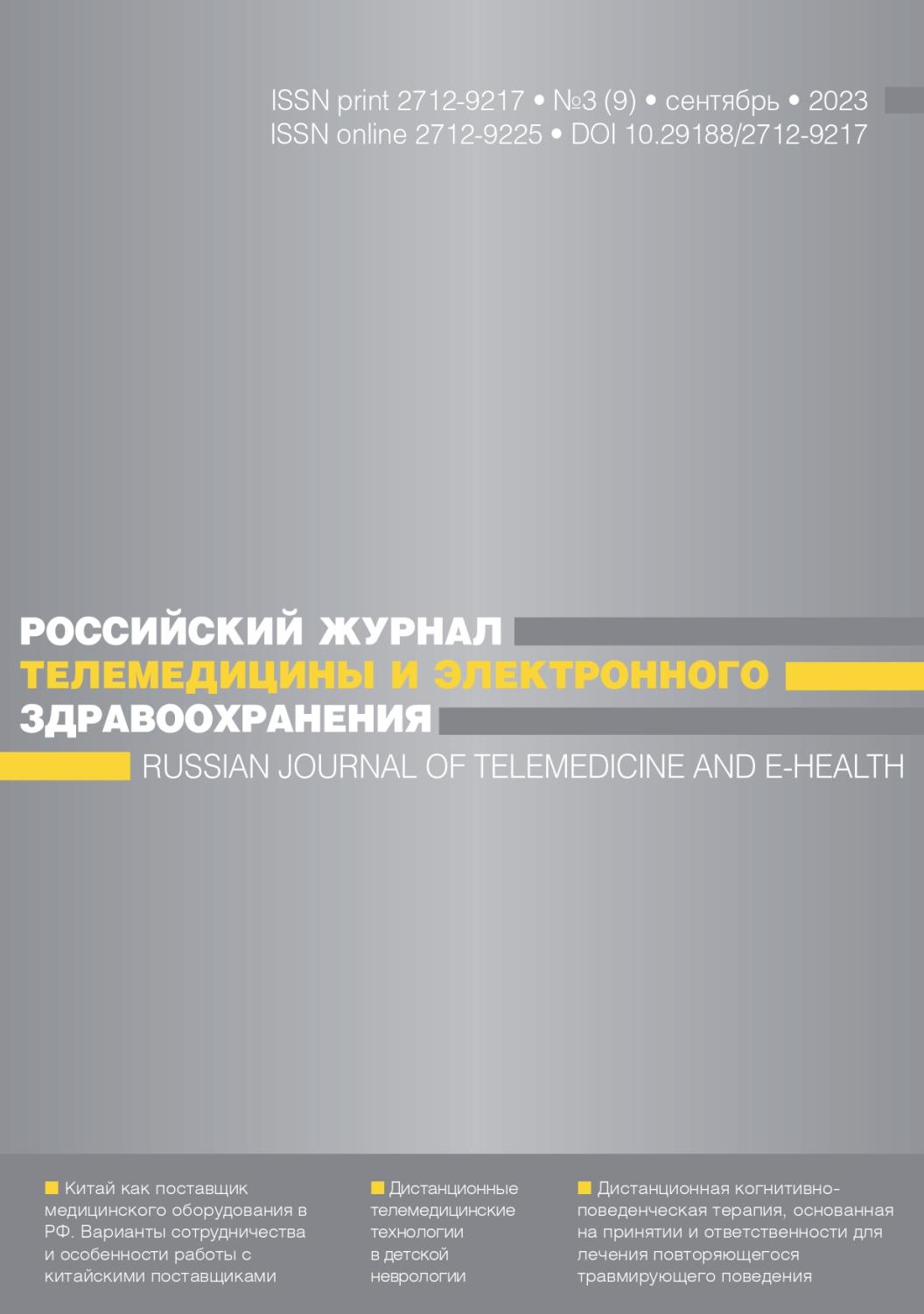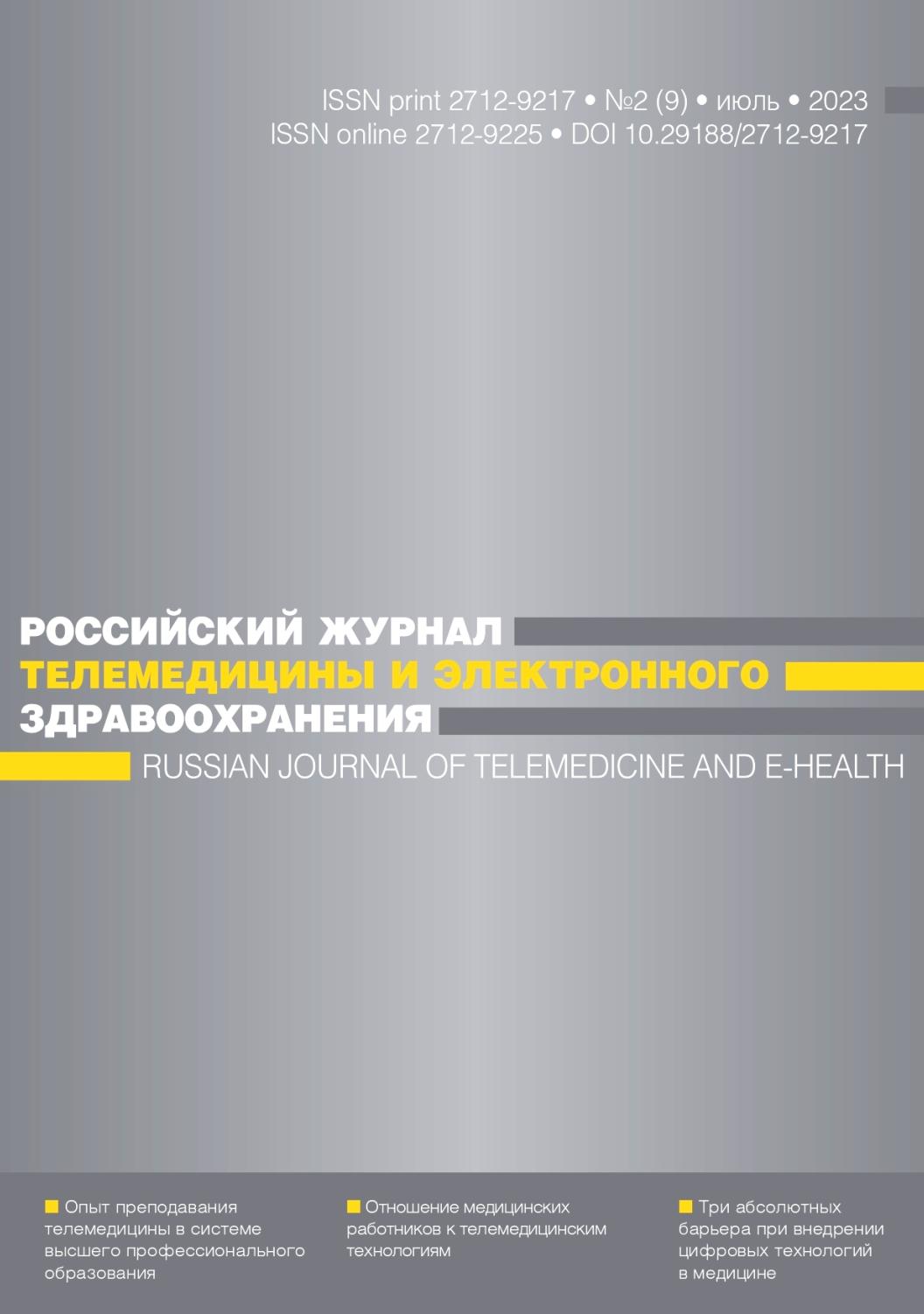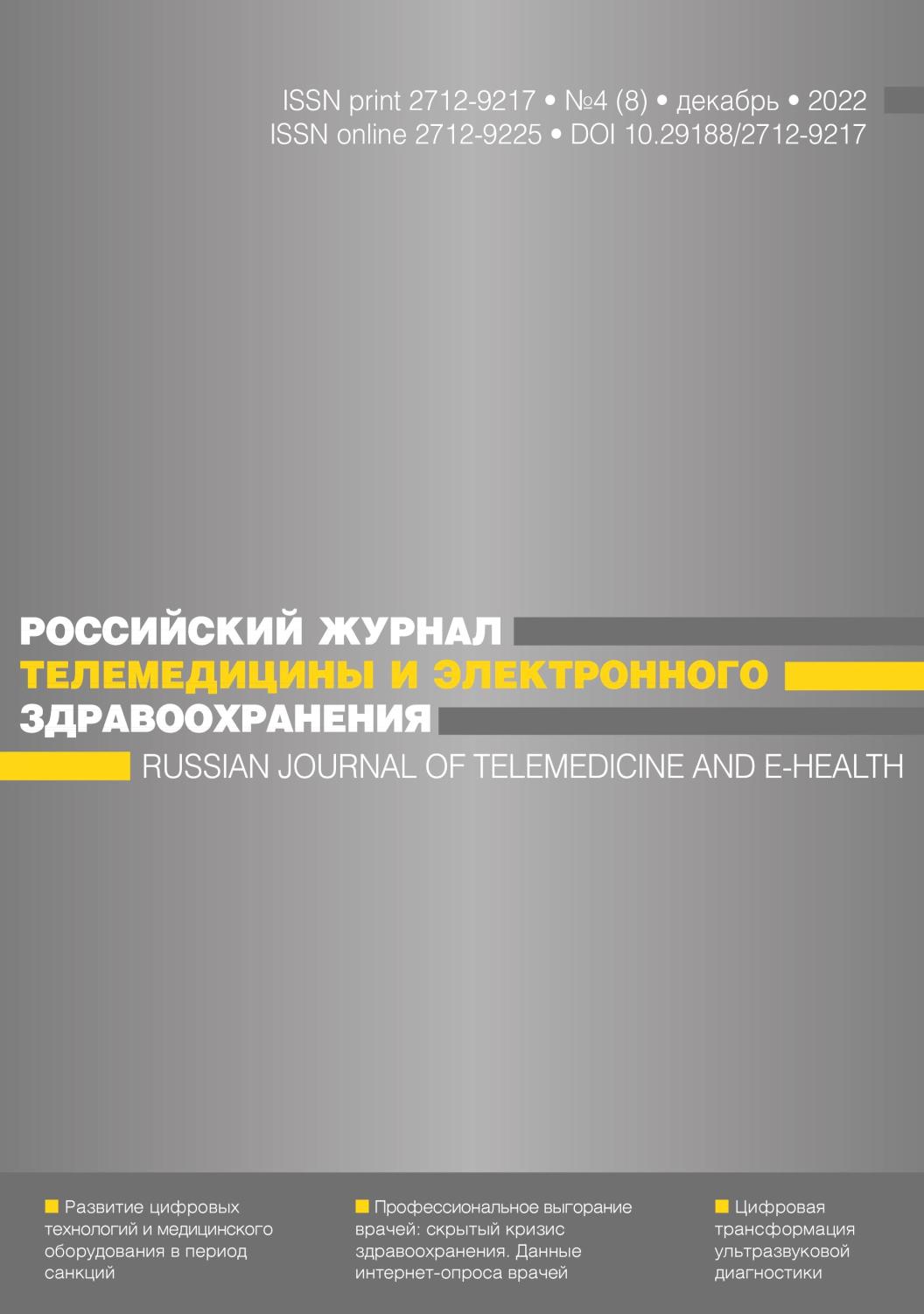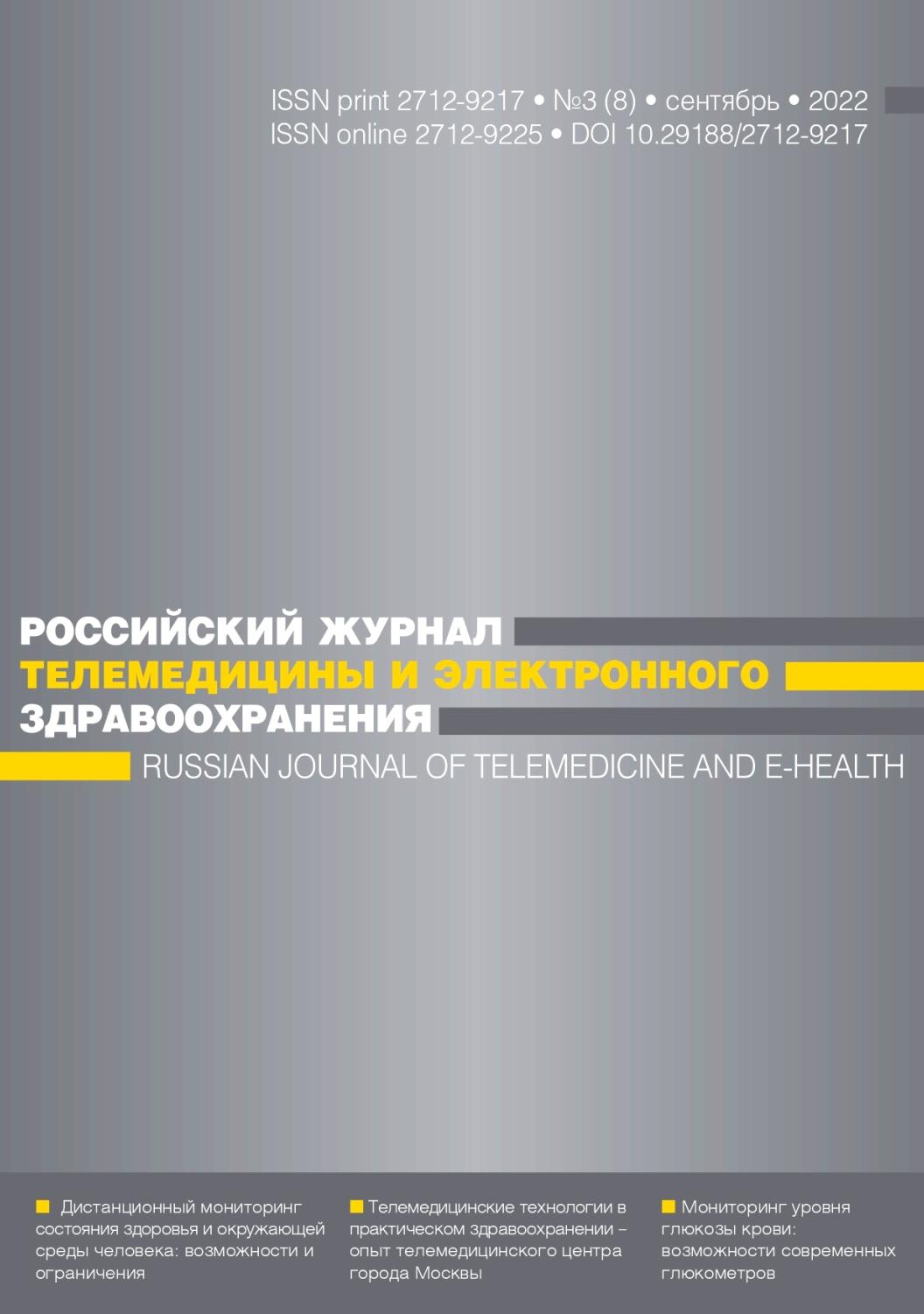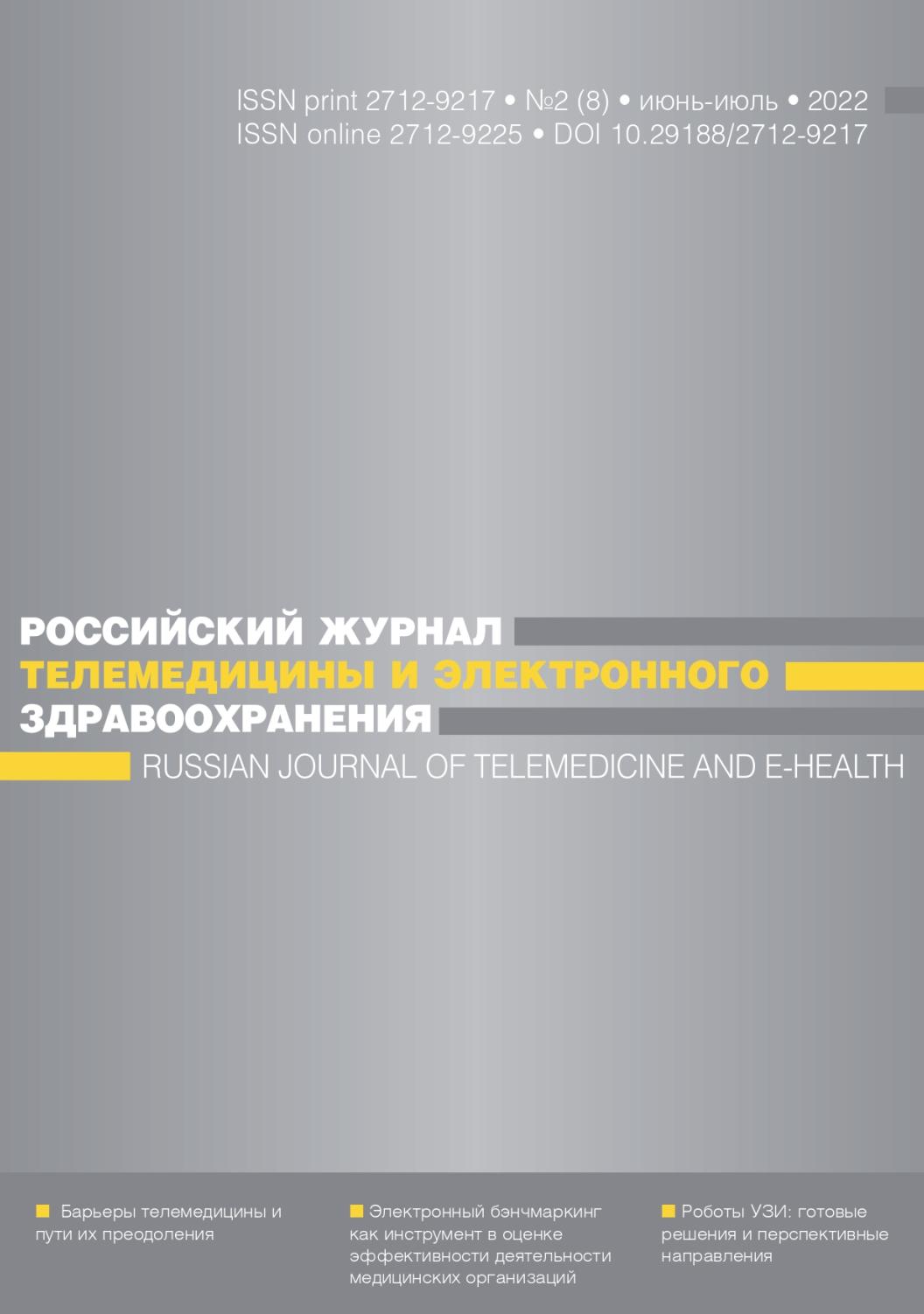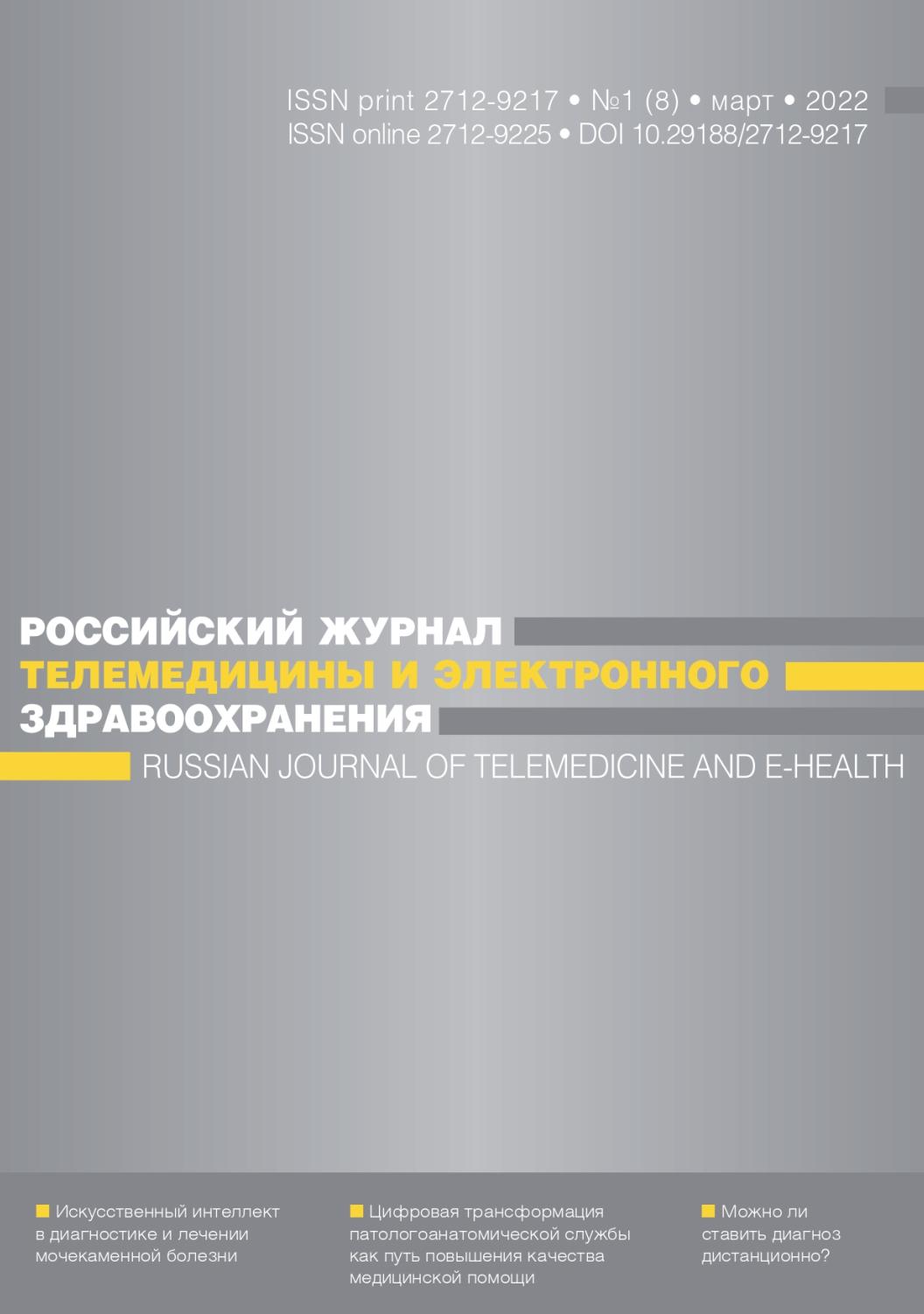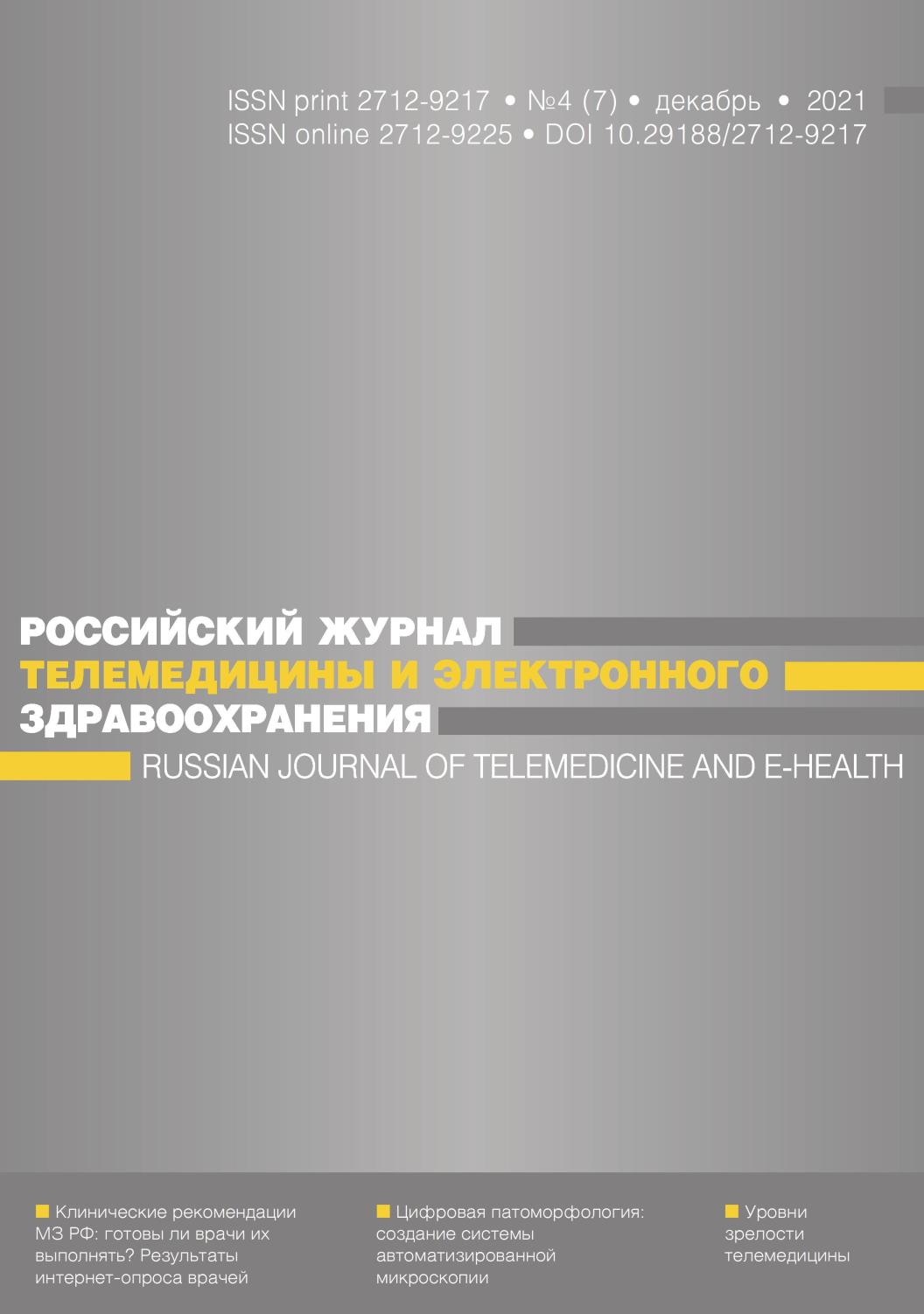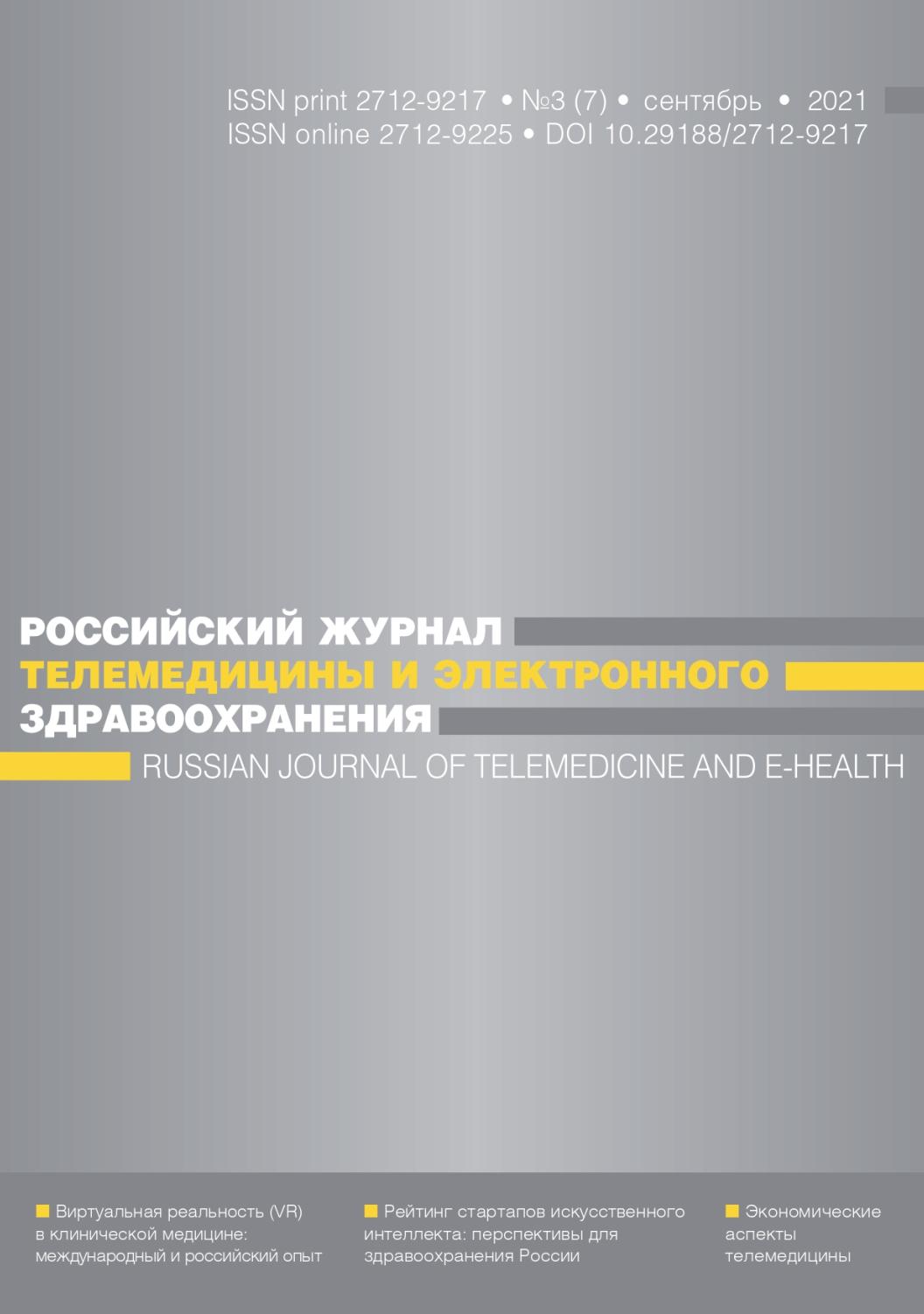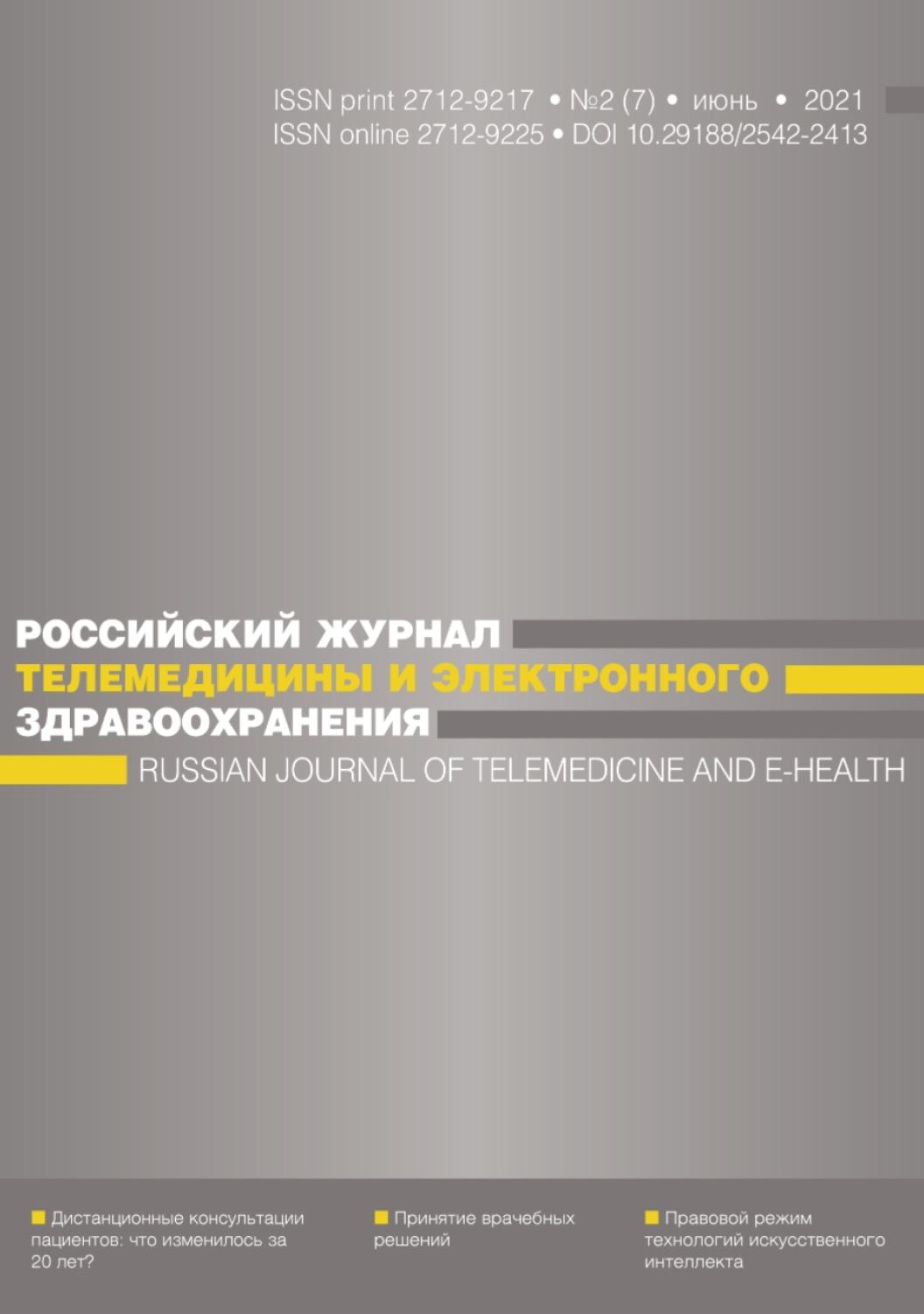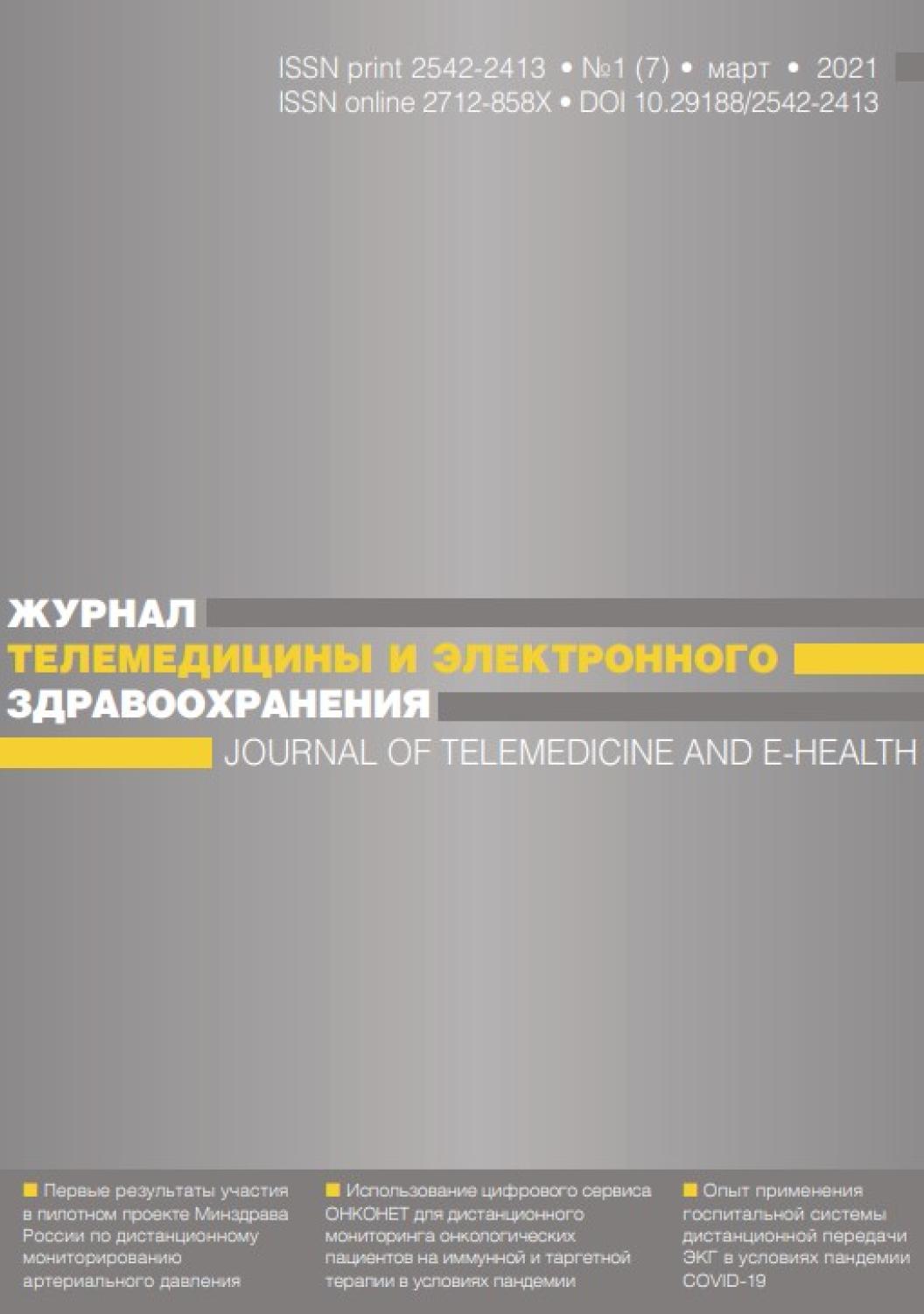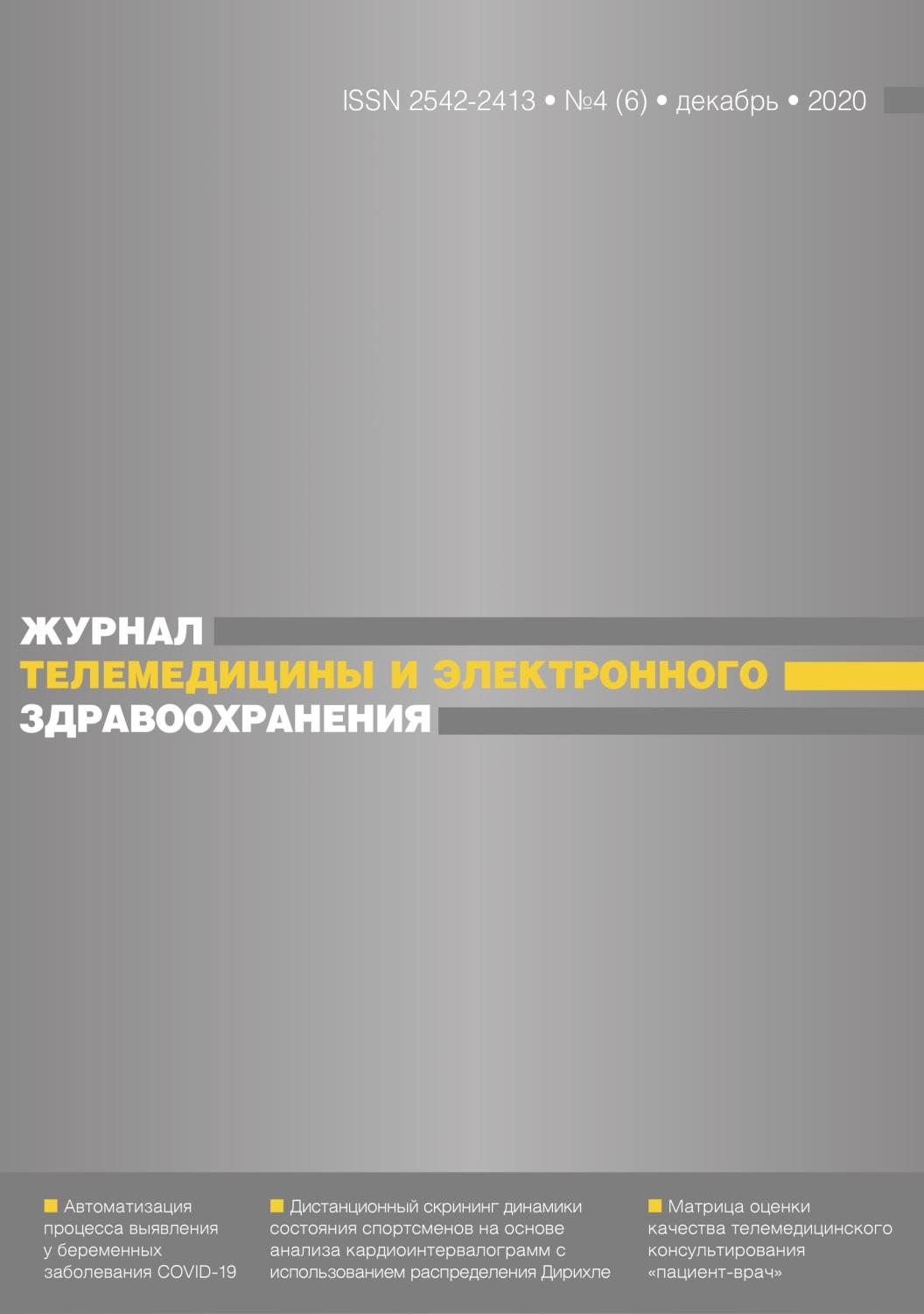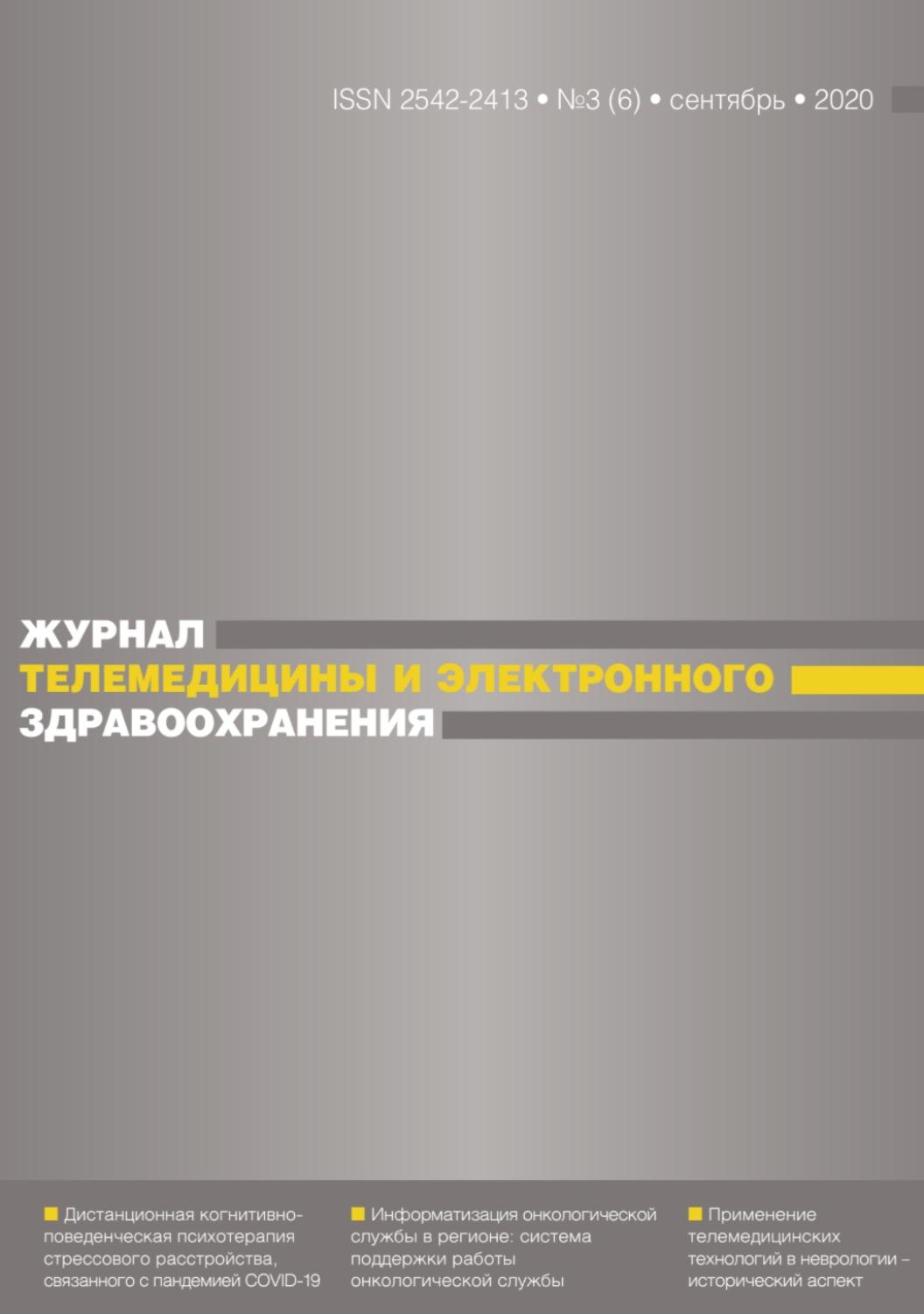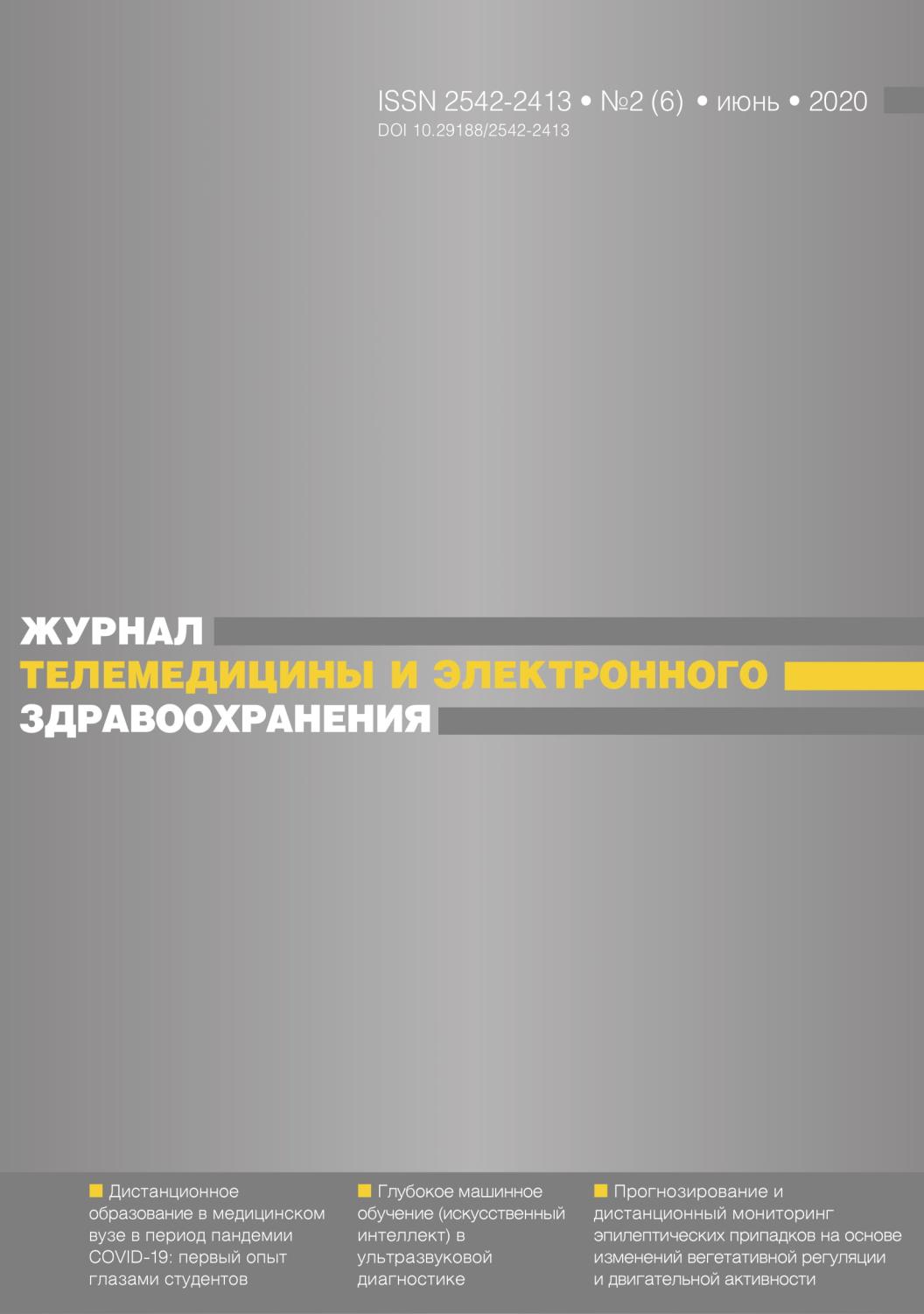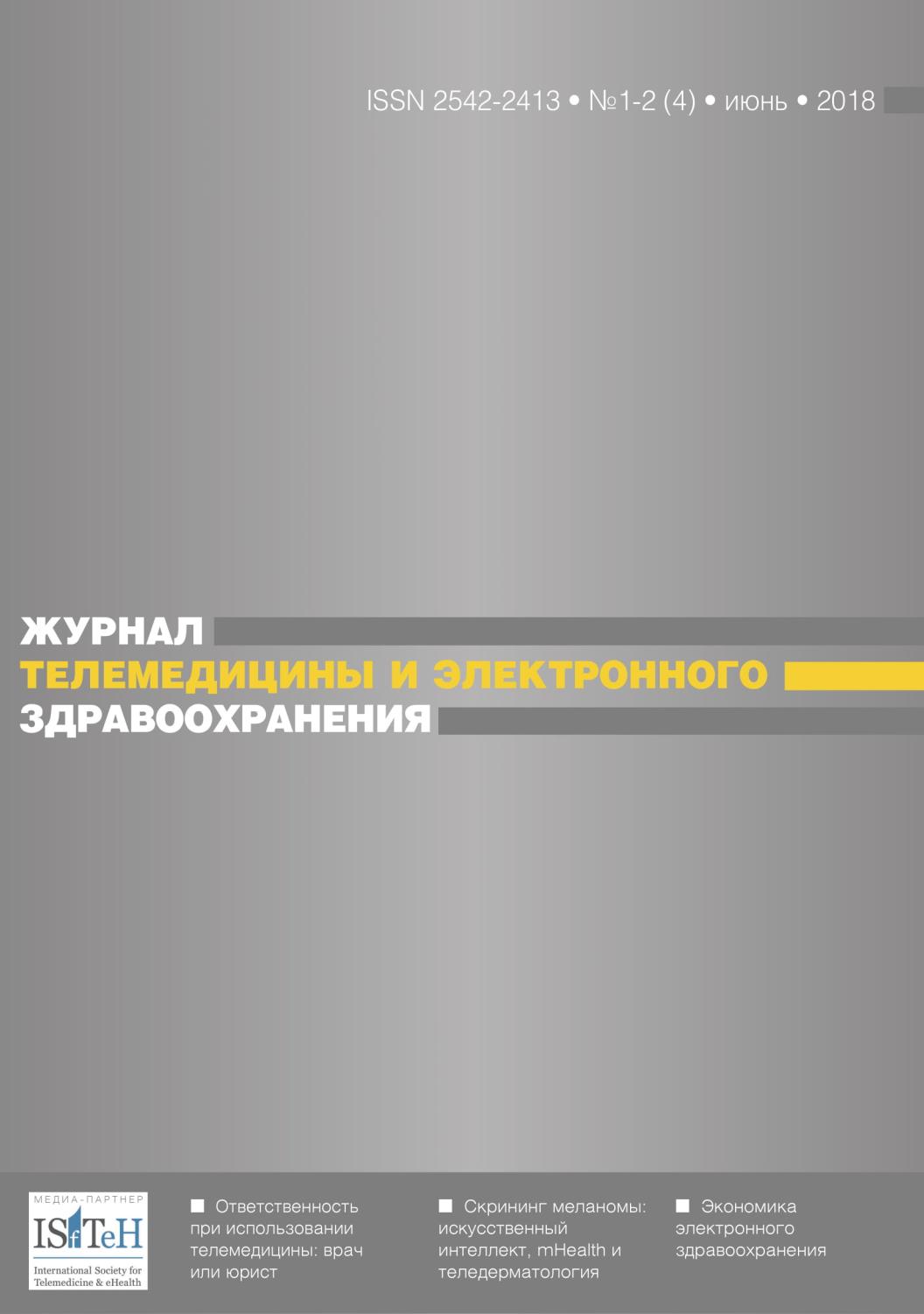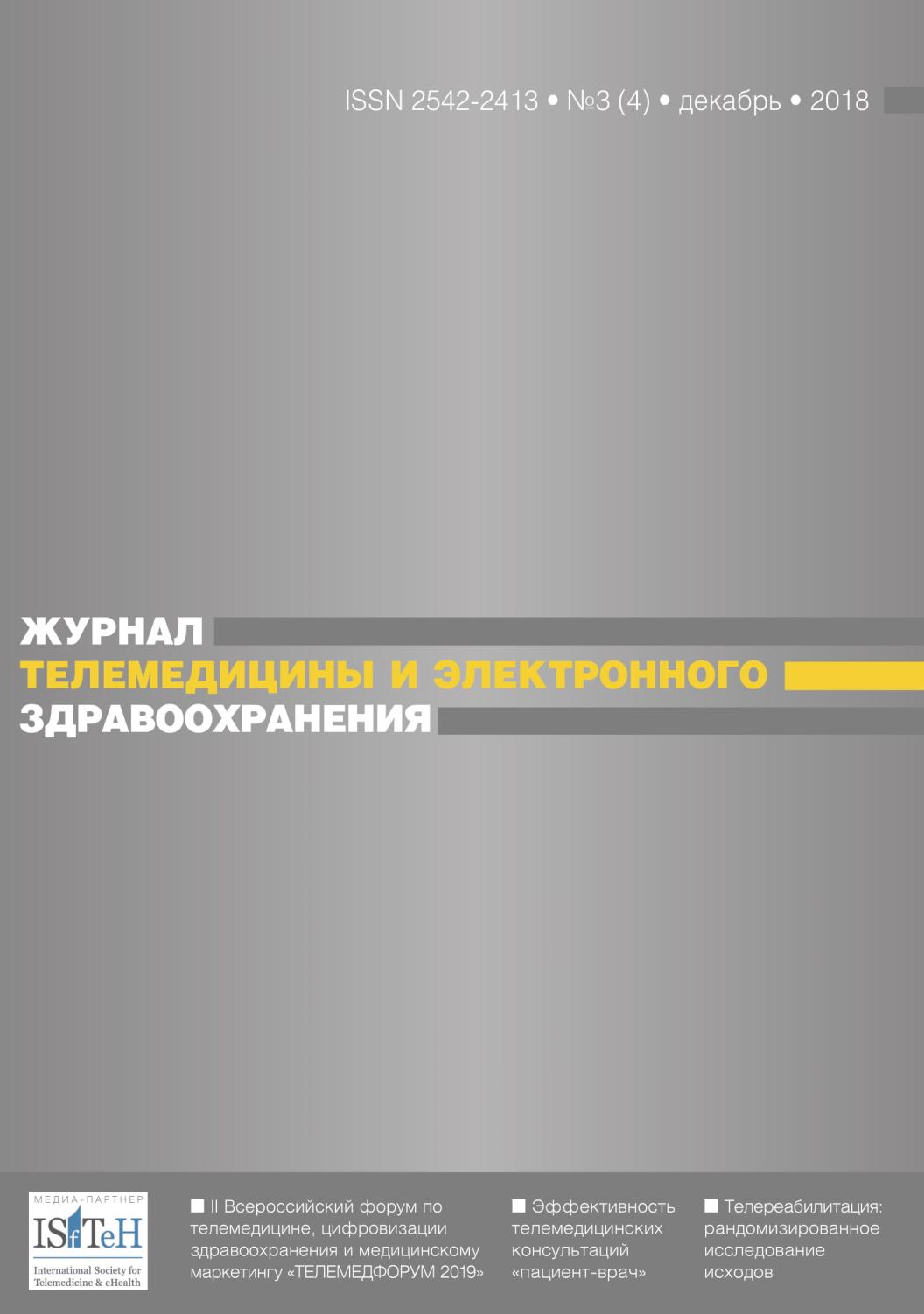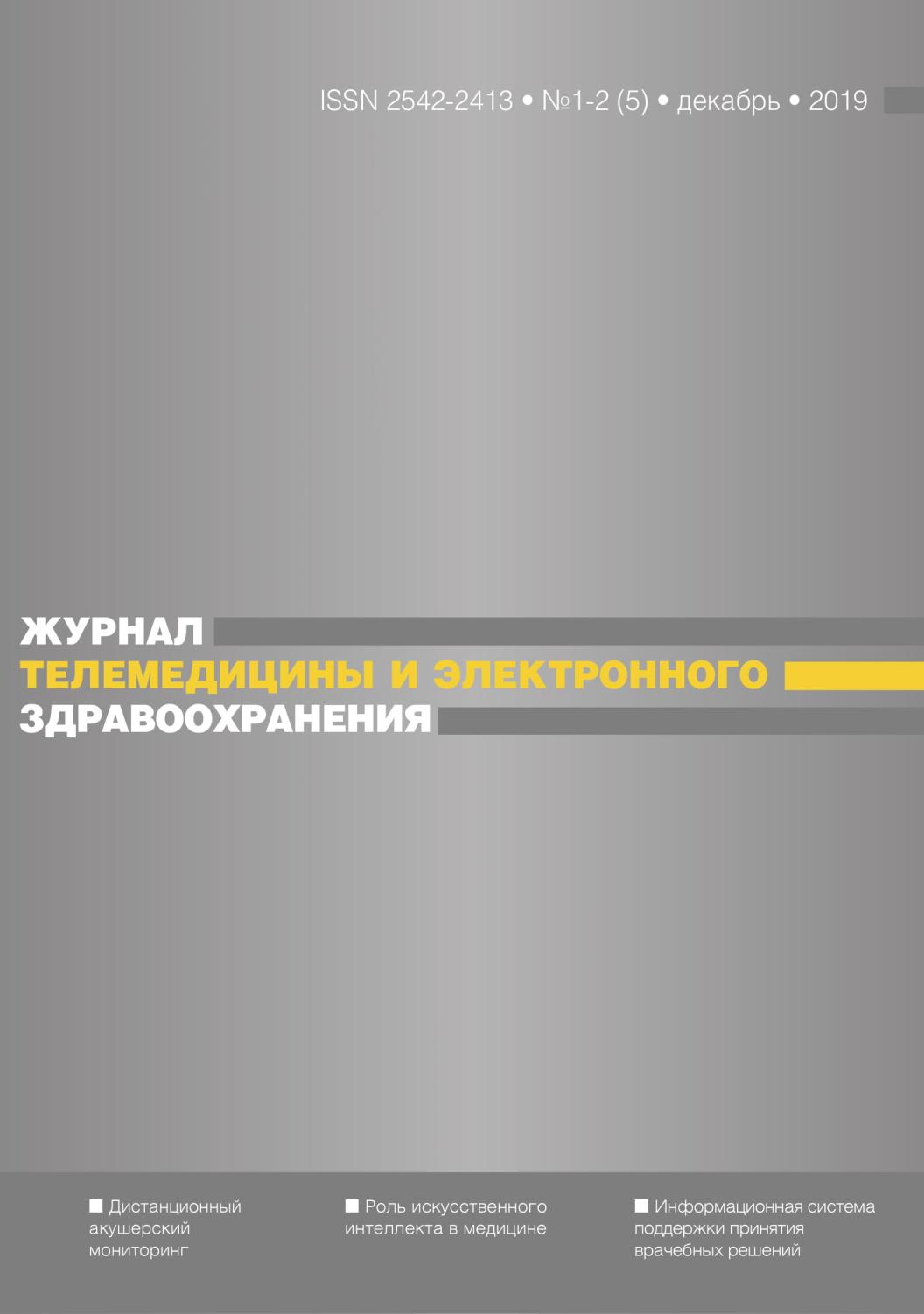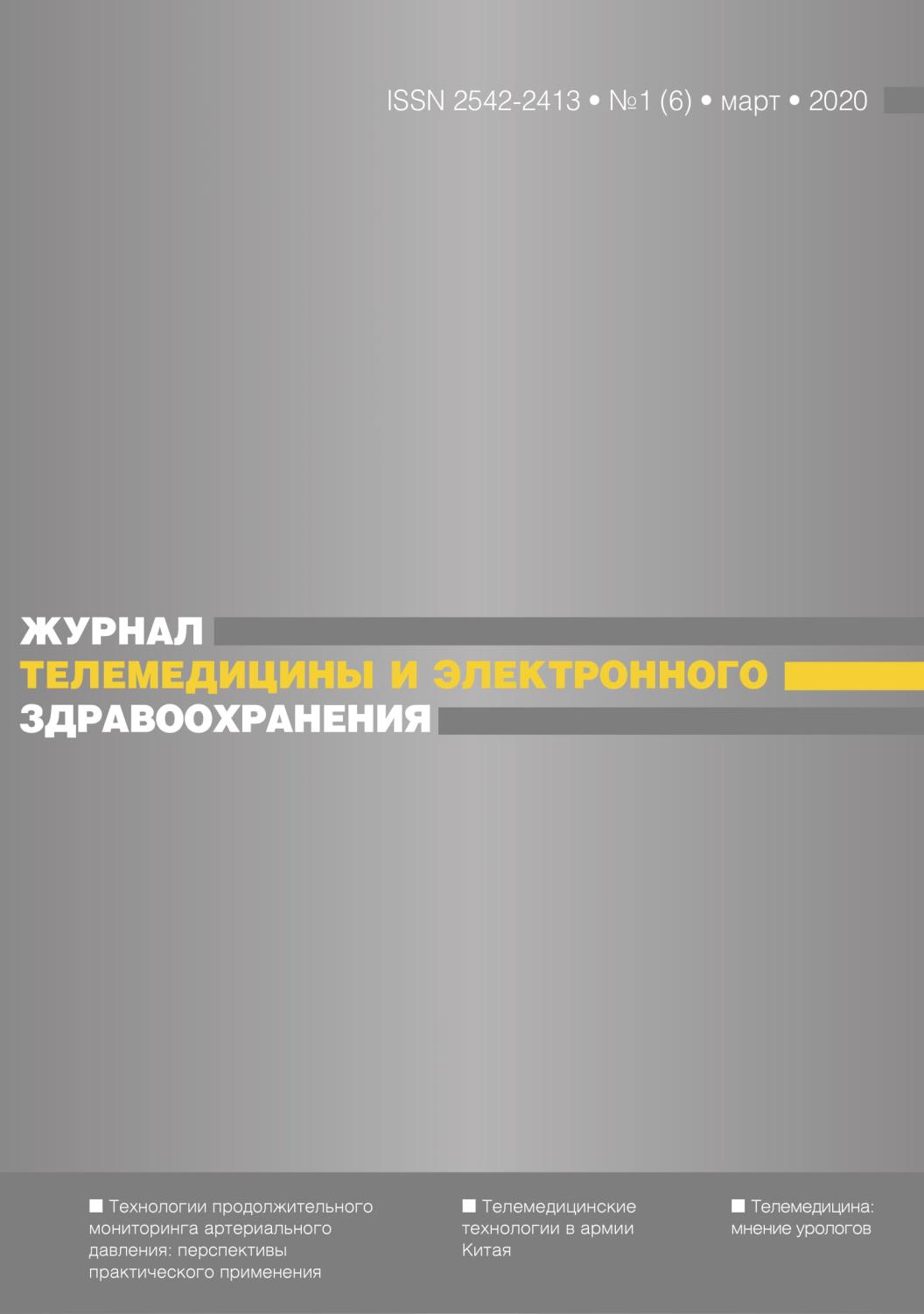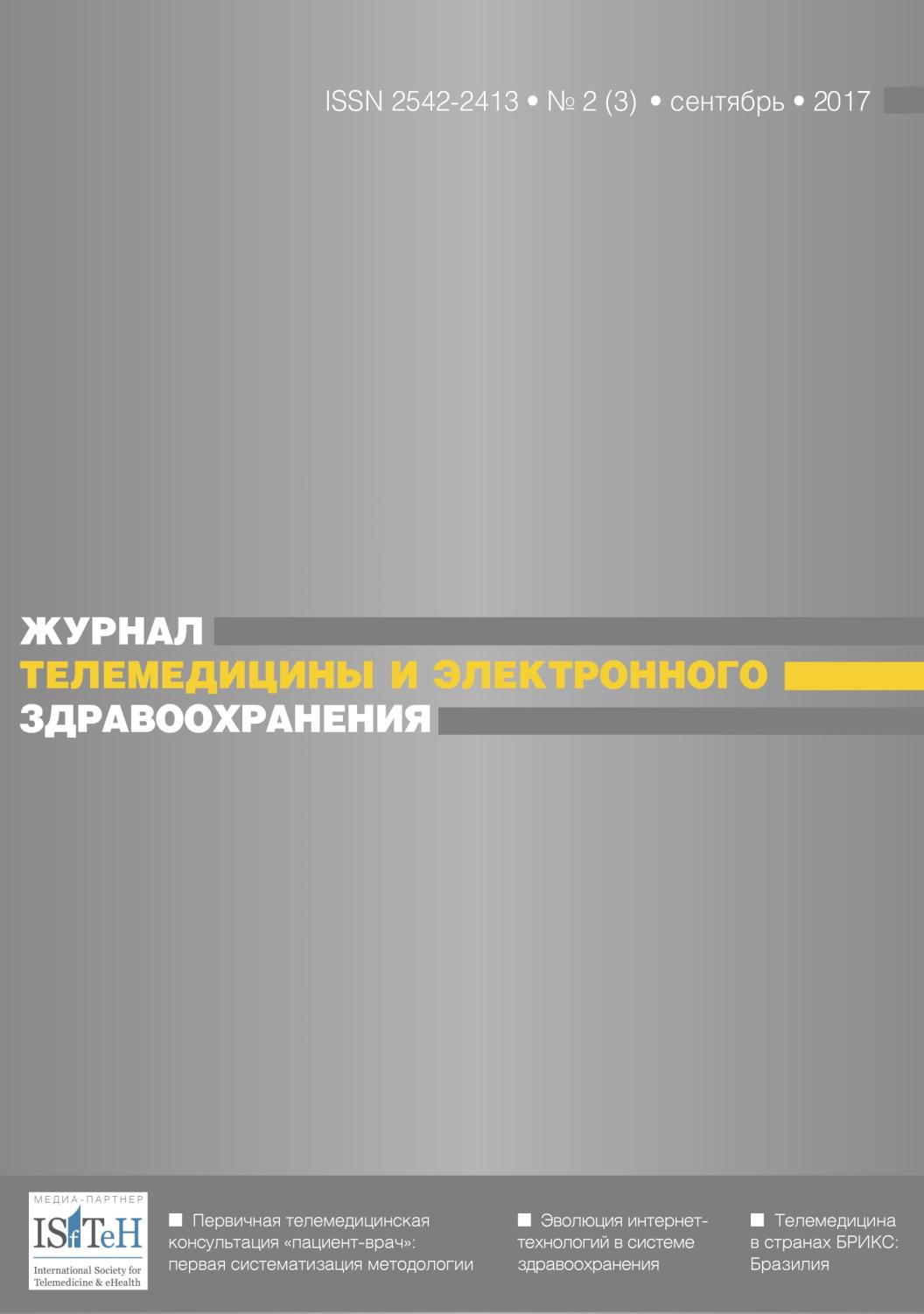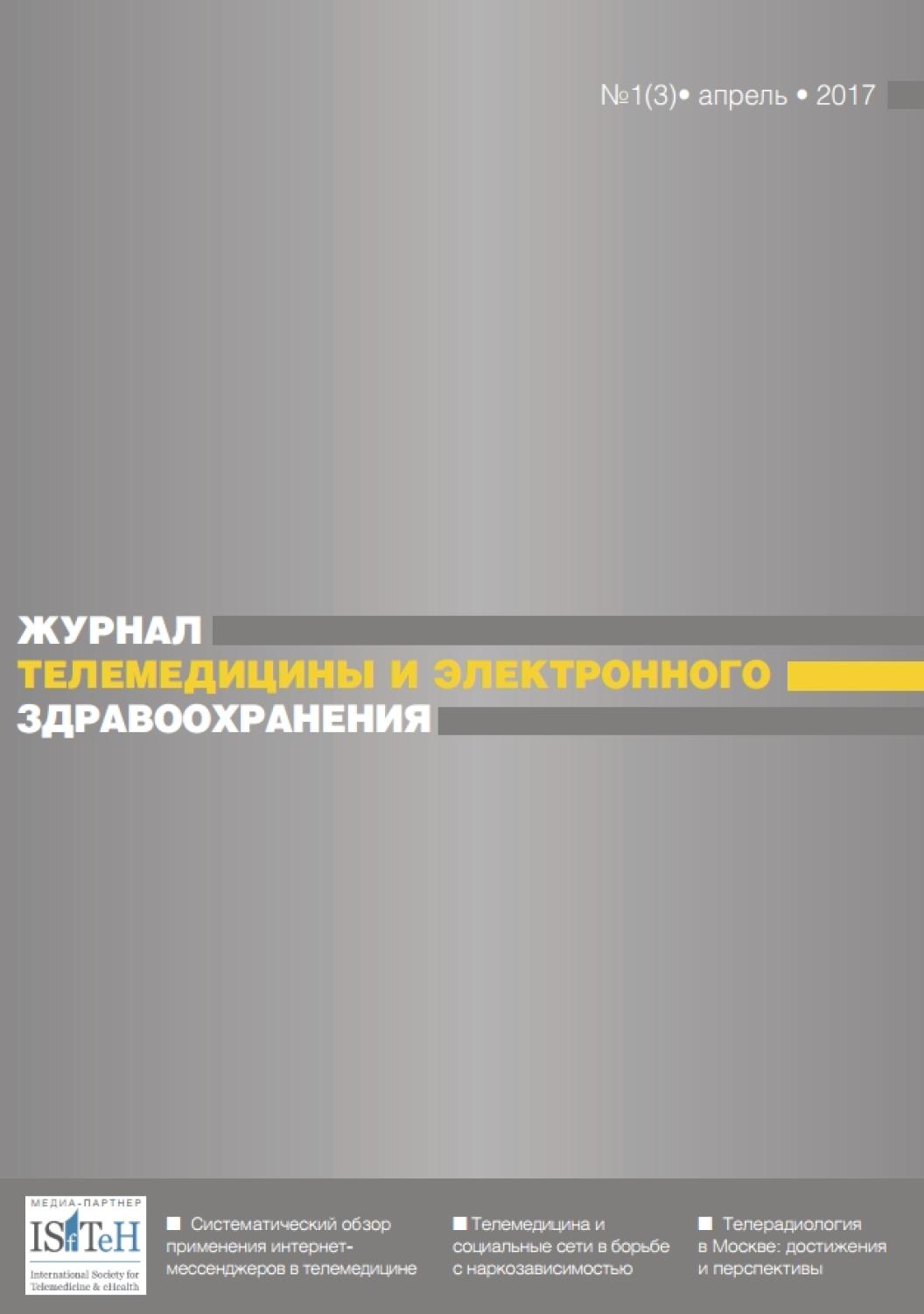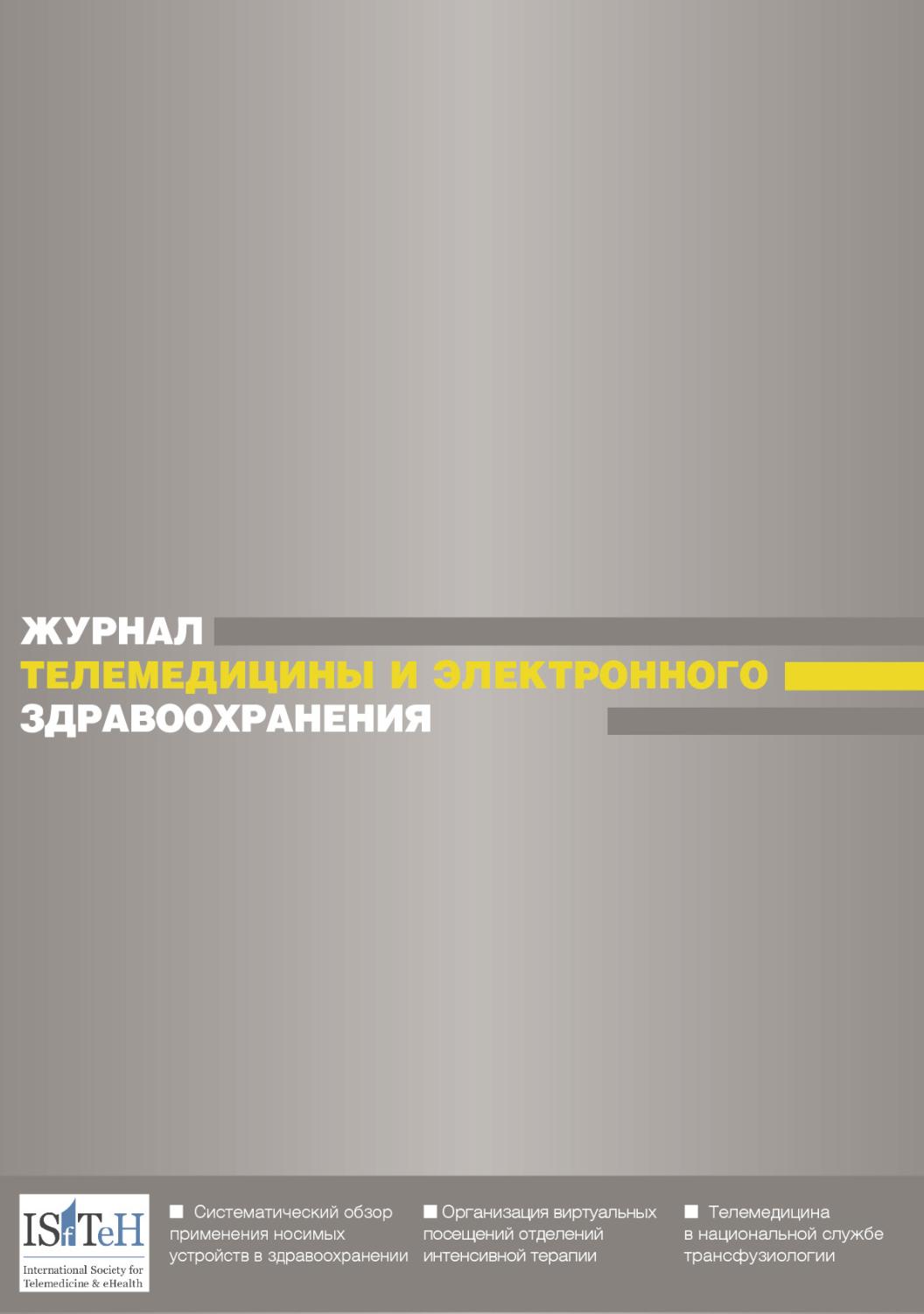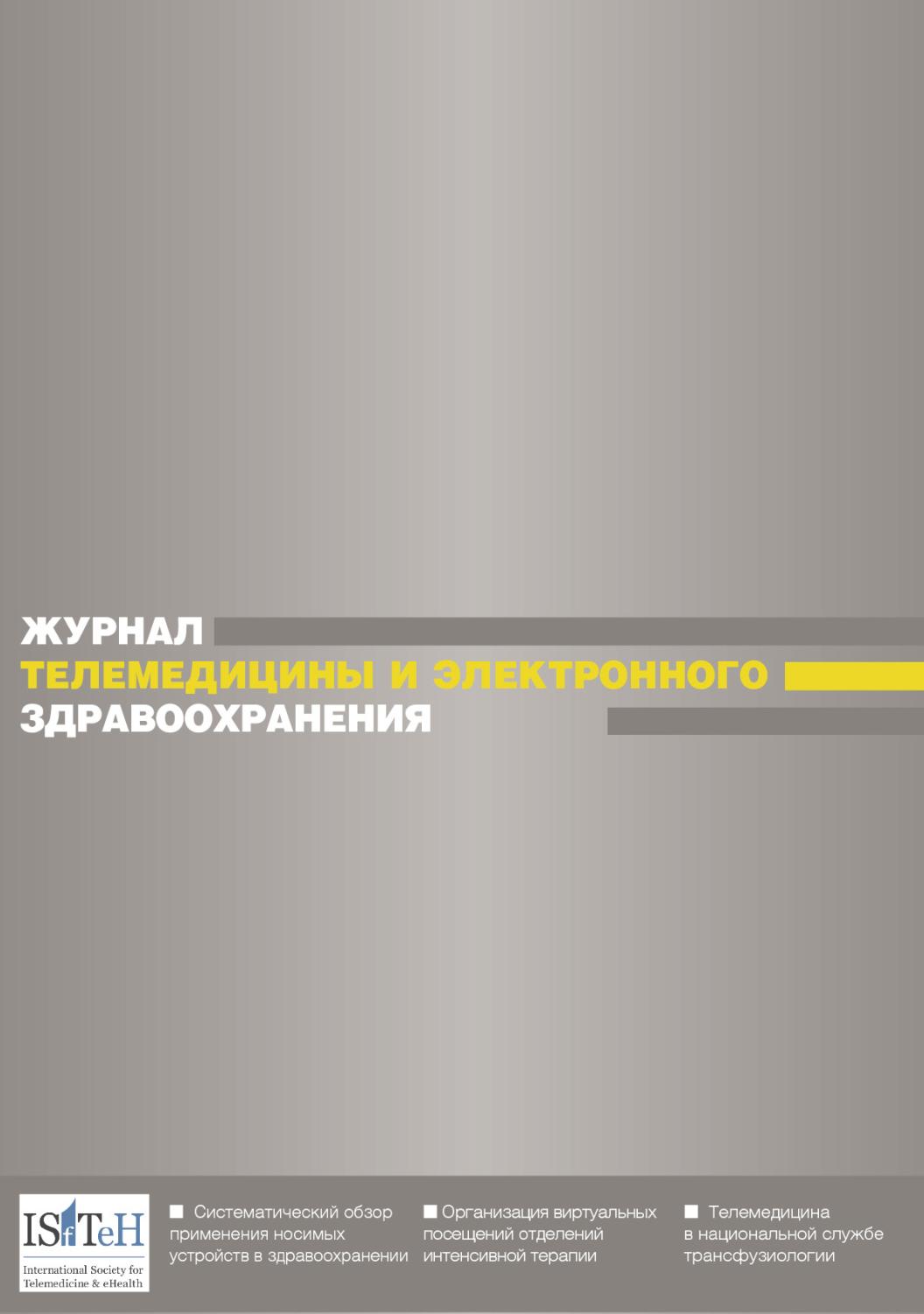Classification of diagnoses in medicine is a systematic approach to categorizing and coding various diseases, symptoms, circumstances of seeking medical care, and causes of death. This process has evolved over many centuries, from the first attempts to describe diseases to the creation of the international classifications used today.
Diagnosis is not a static concept and changes as new knowledge emerges in medicine. This is reflected in the constant evolution of diagnoses and the continuous change in existing classifications of diseases. At this point in time, diagnosis carries not so much a clinical burden when making decisions about patient management, but, for the most part, a statistical function, is included as an important tool in health care financing issues, and is actively used in health care organizations.
The authors believe that the diagnosis does not allow solving the problem of transition from a curative (therapeutic) model of healthcare to a preventive one, where it is necessary to work with a healthy person and risk factors.
In some cases, clinicians remain dissatisfied when using an approach where it is necessary to strictly limit clinical tactics to the framework of existing diagnoses dictated by accepted classifications of diseases. The most striking contradictions associated with diagnosis occur when using digital technologies in medicine.
Difficulties associated with assigning a patient a diagnosis in the ICD tree are associated with the insufficient current level of knowledge about the etiology and pathogenesis of the disease. A symptomatic approach to their treatment plays a major role in overcoming the problem associated with a low level of knowledge about diseases.


